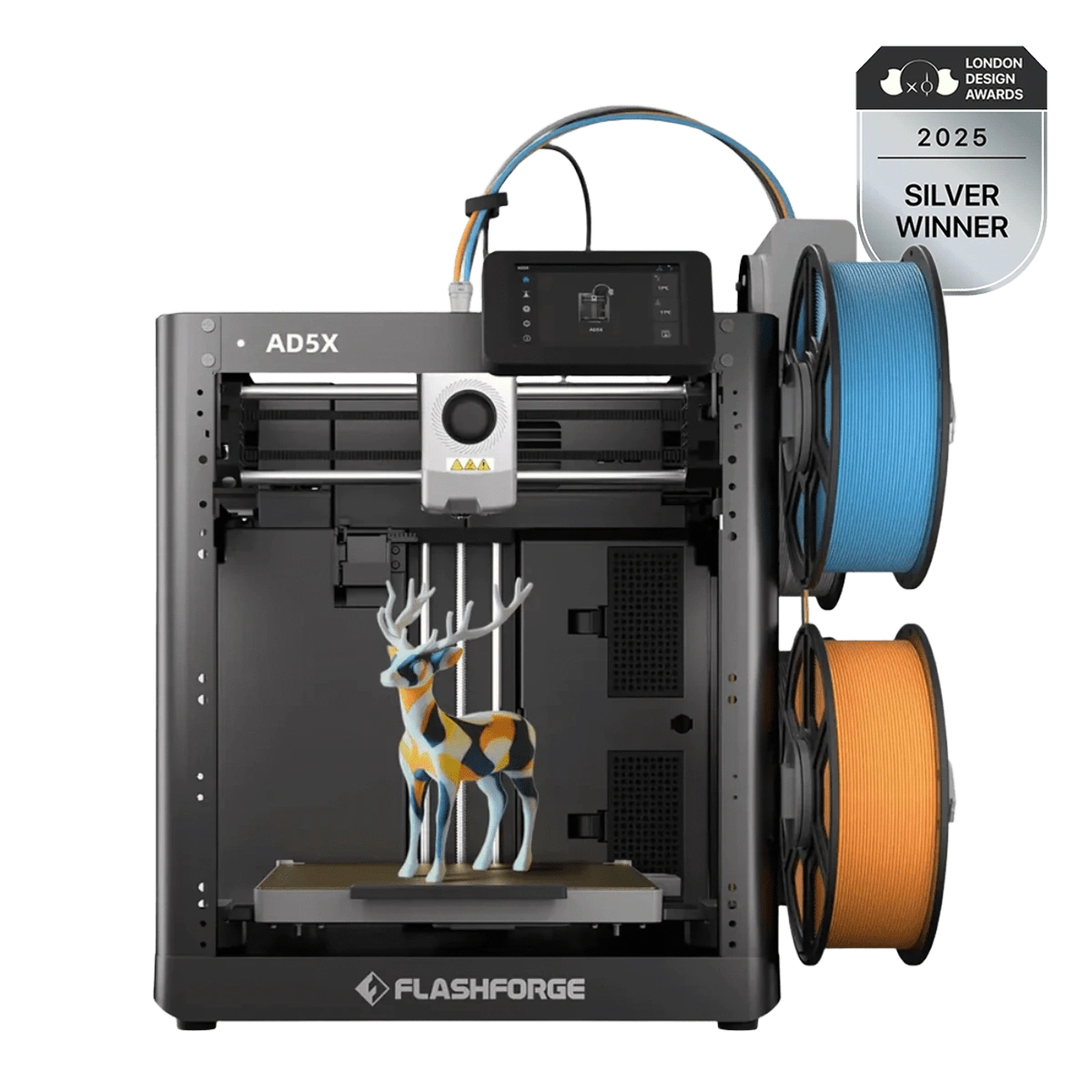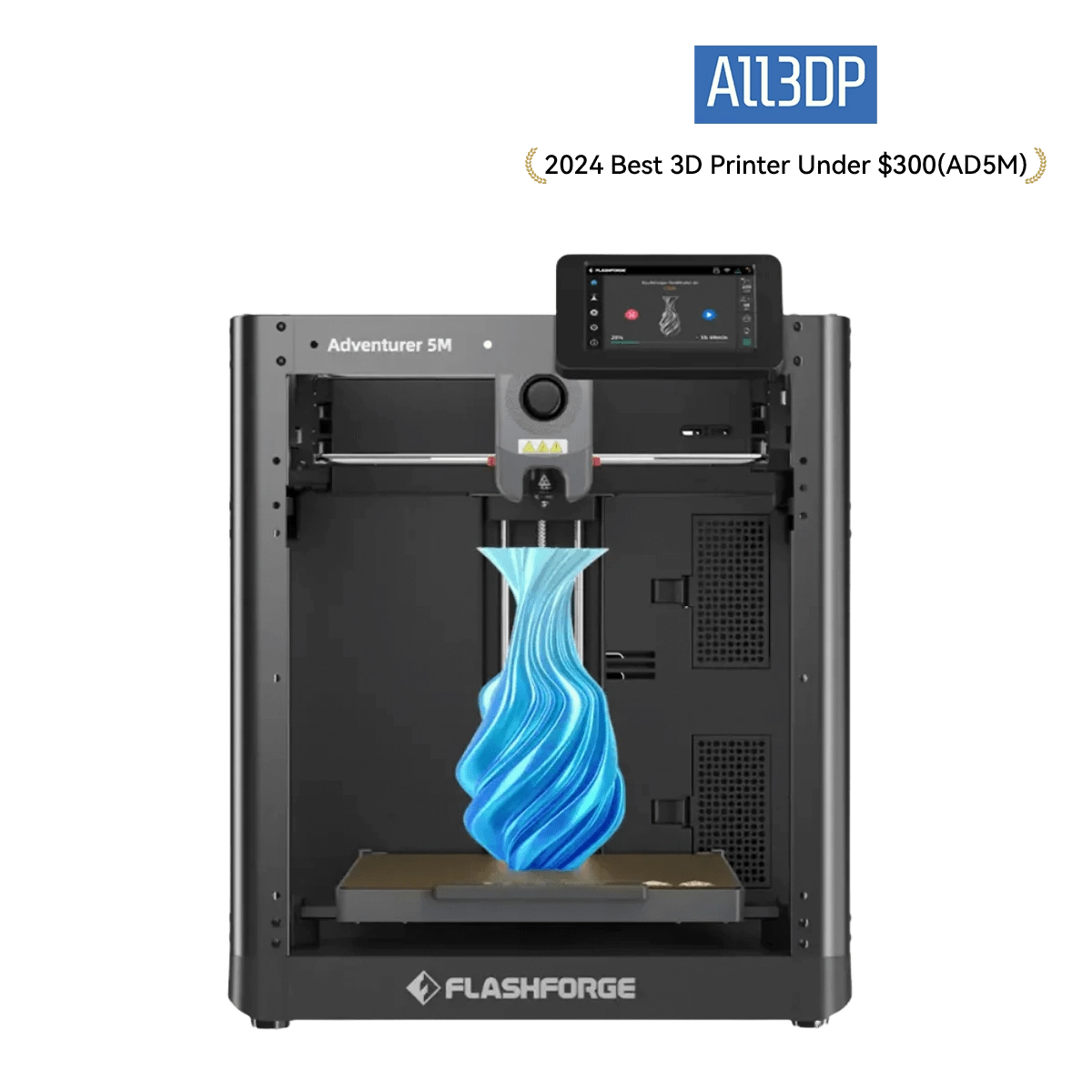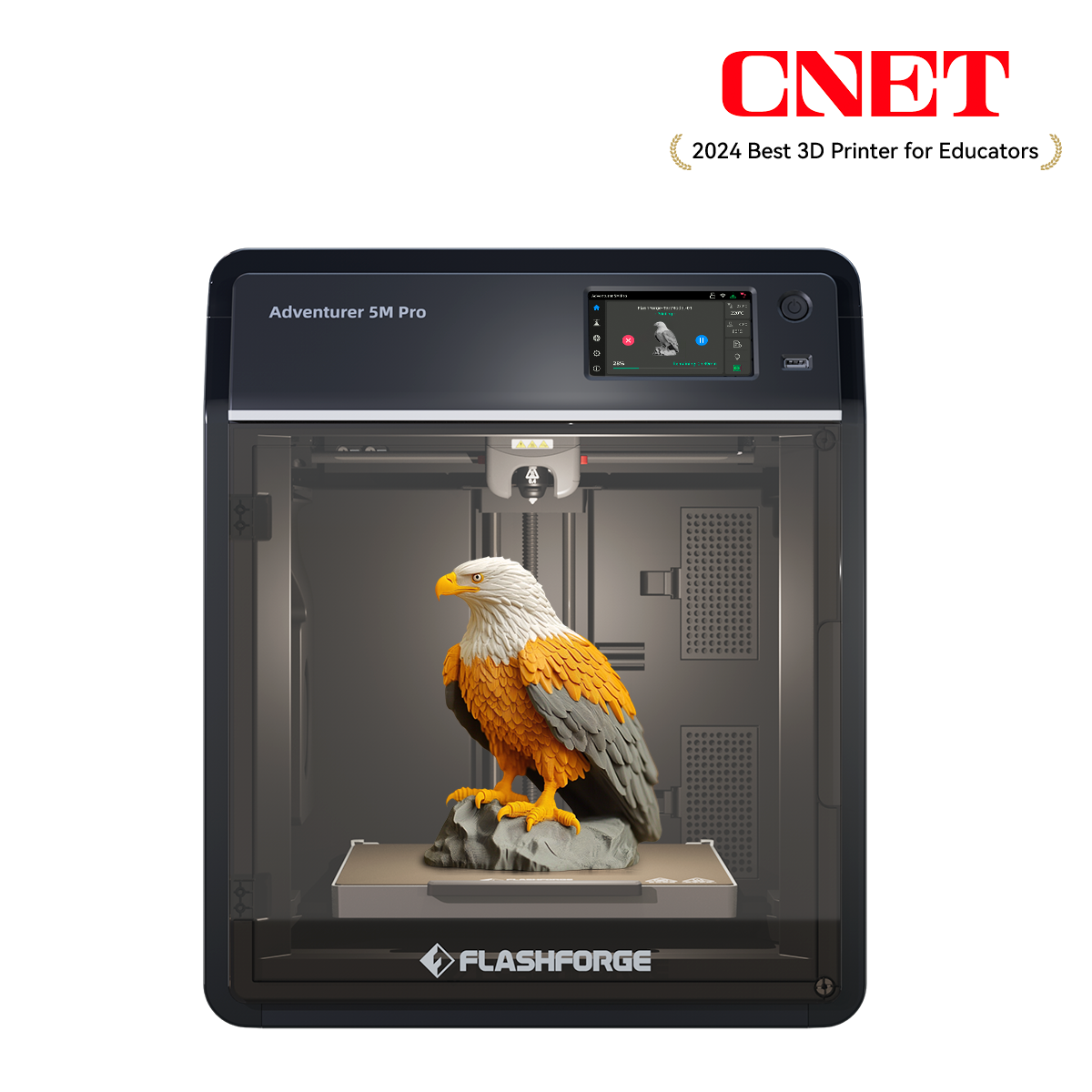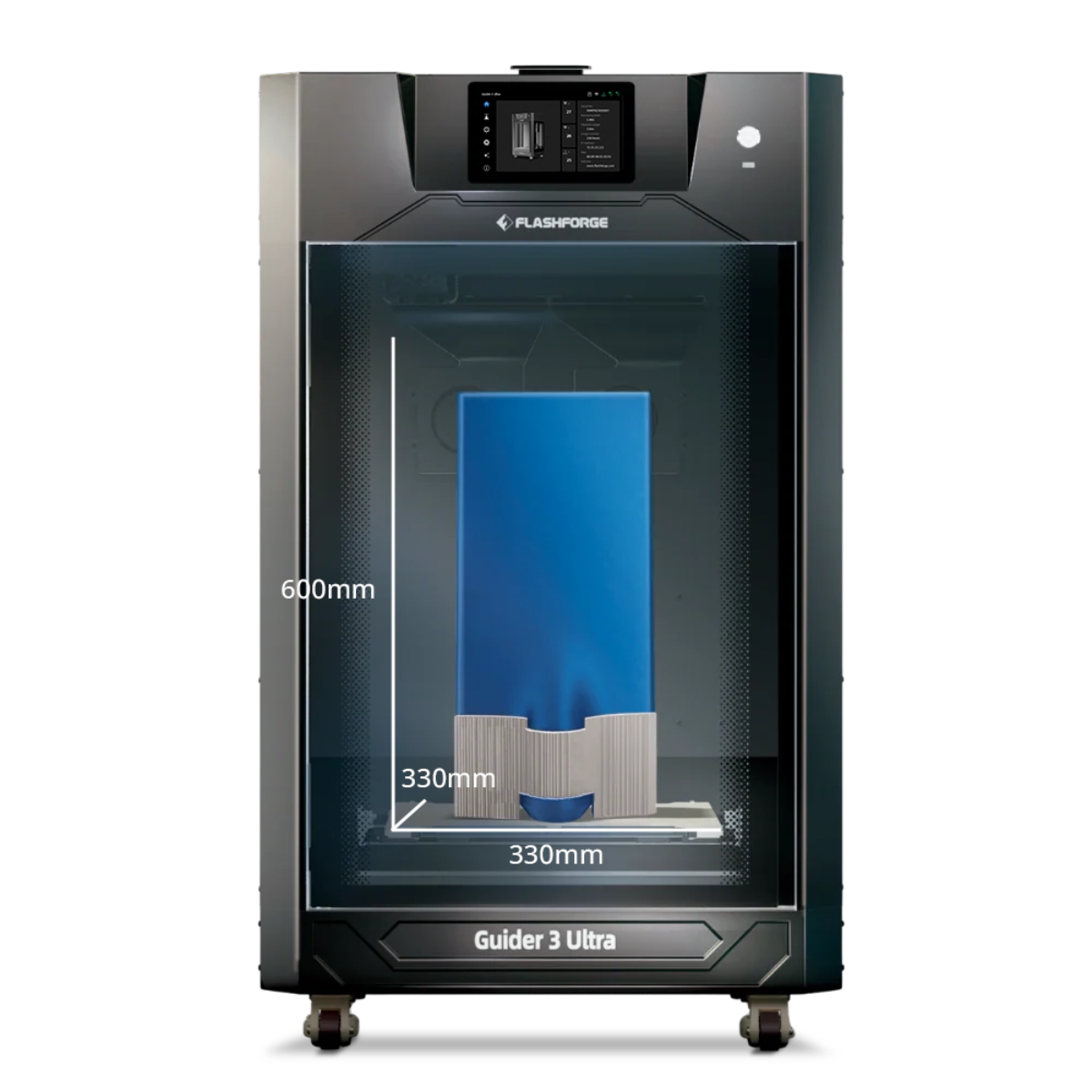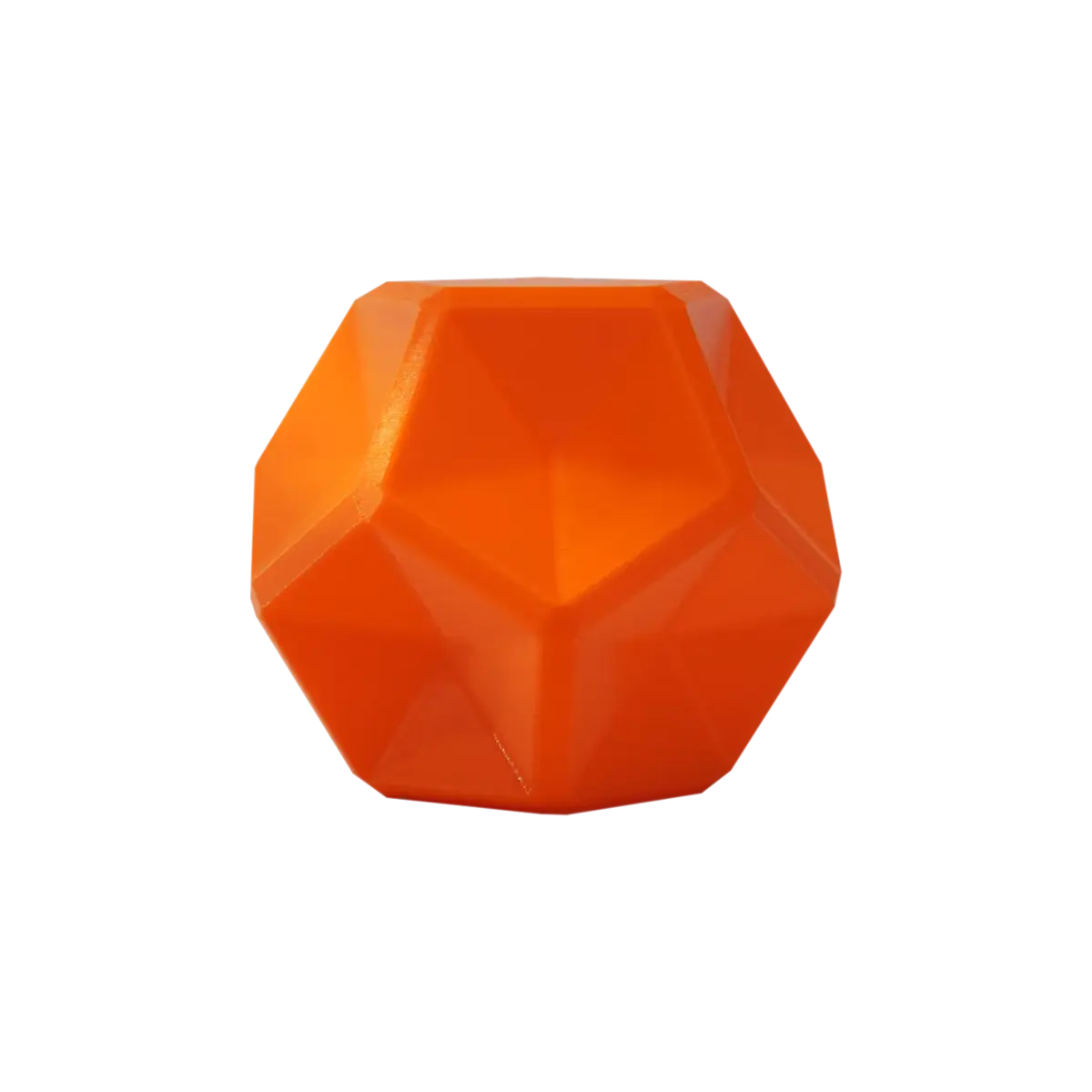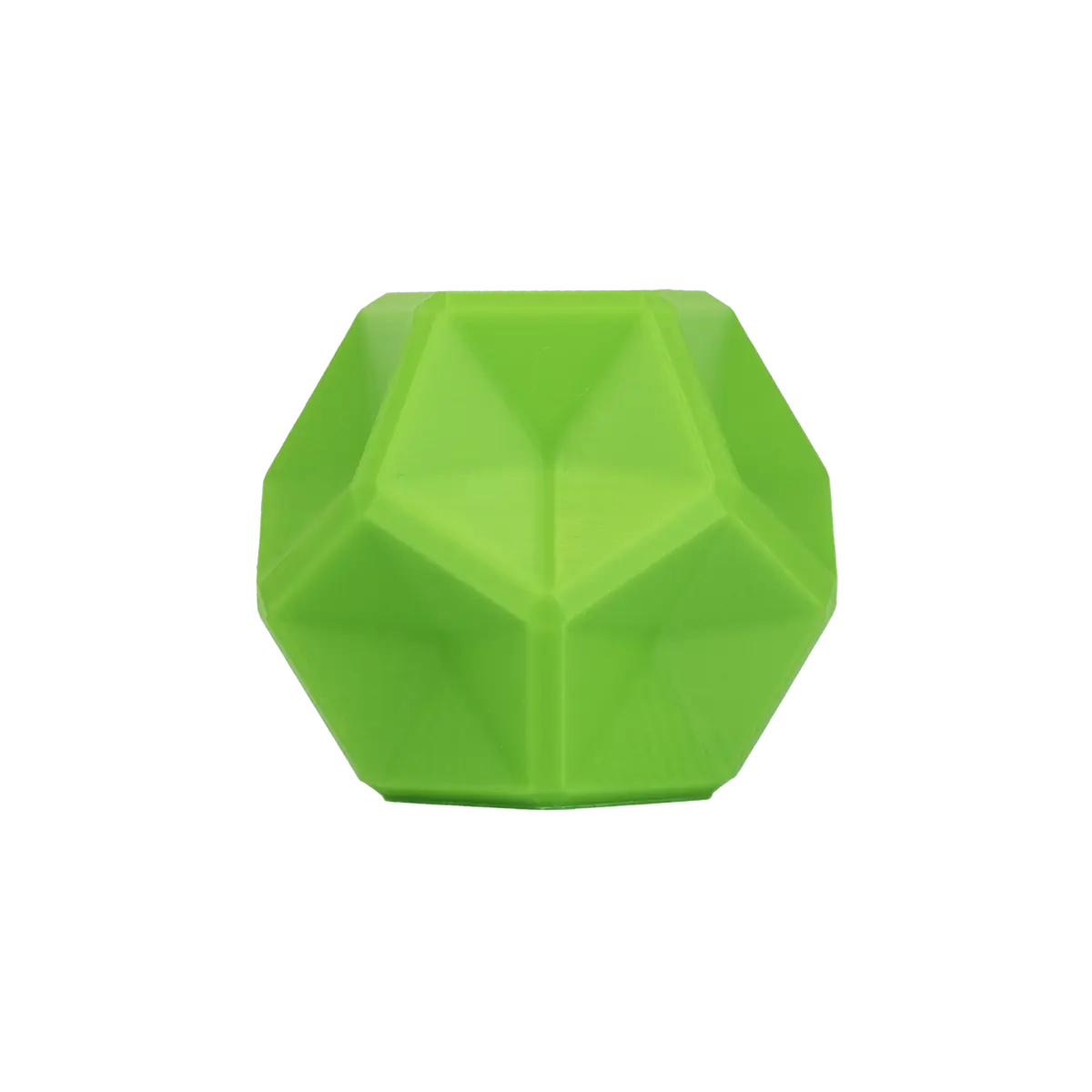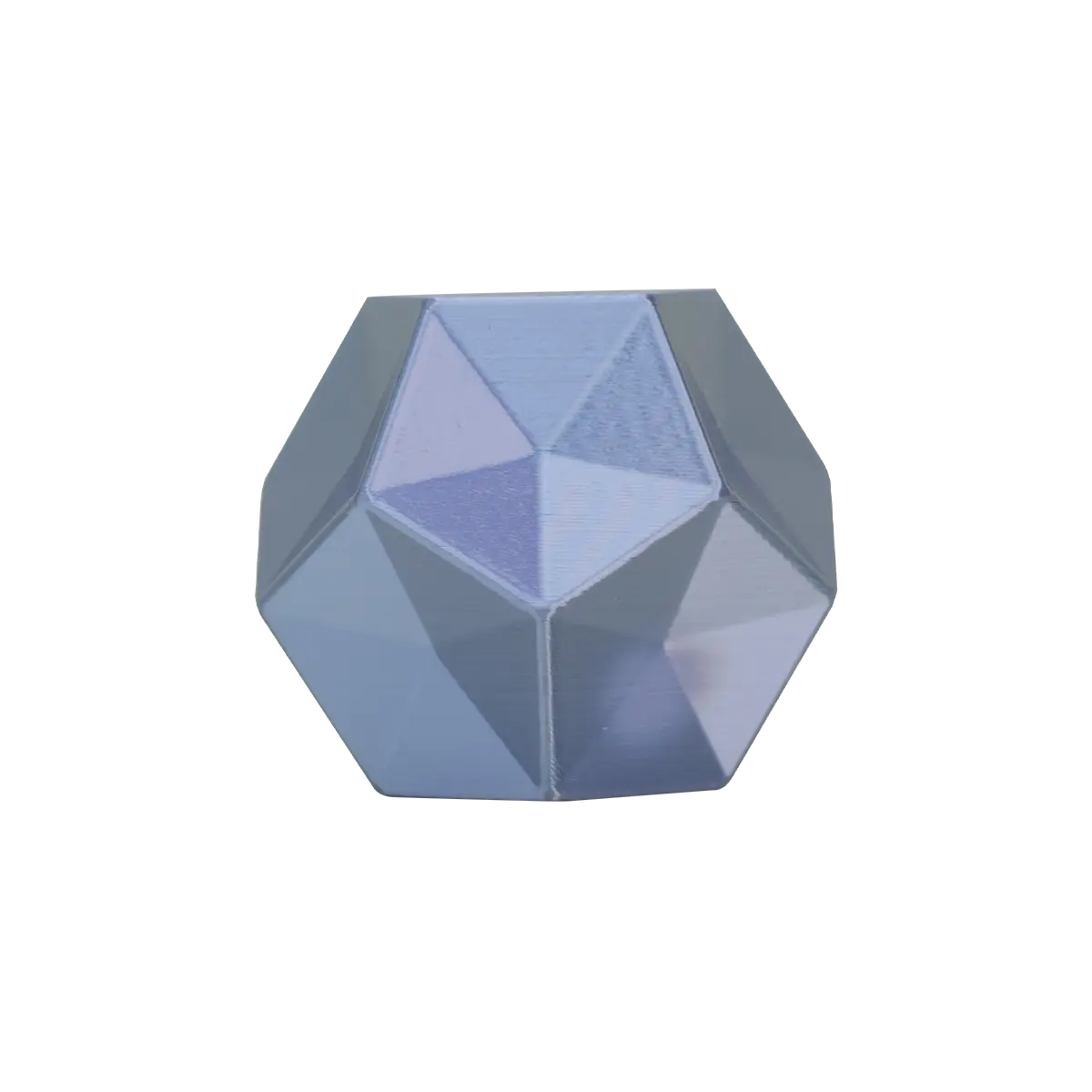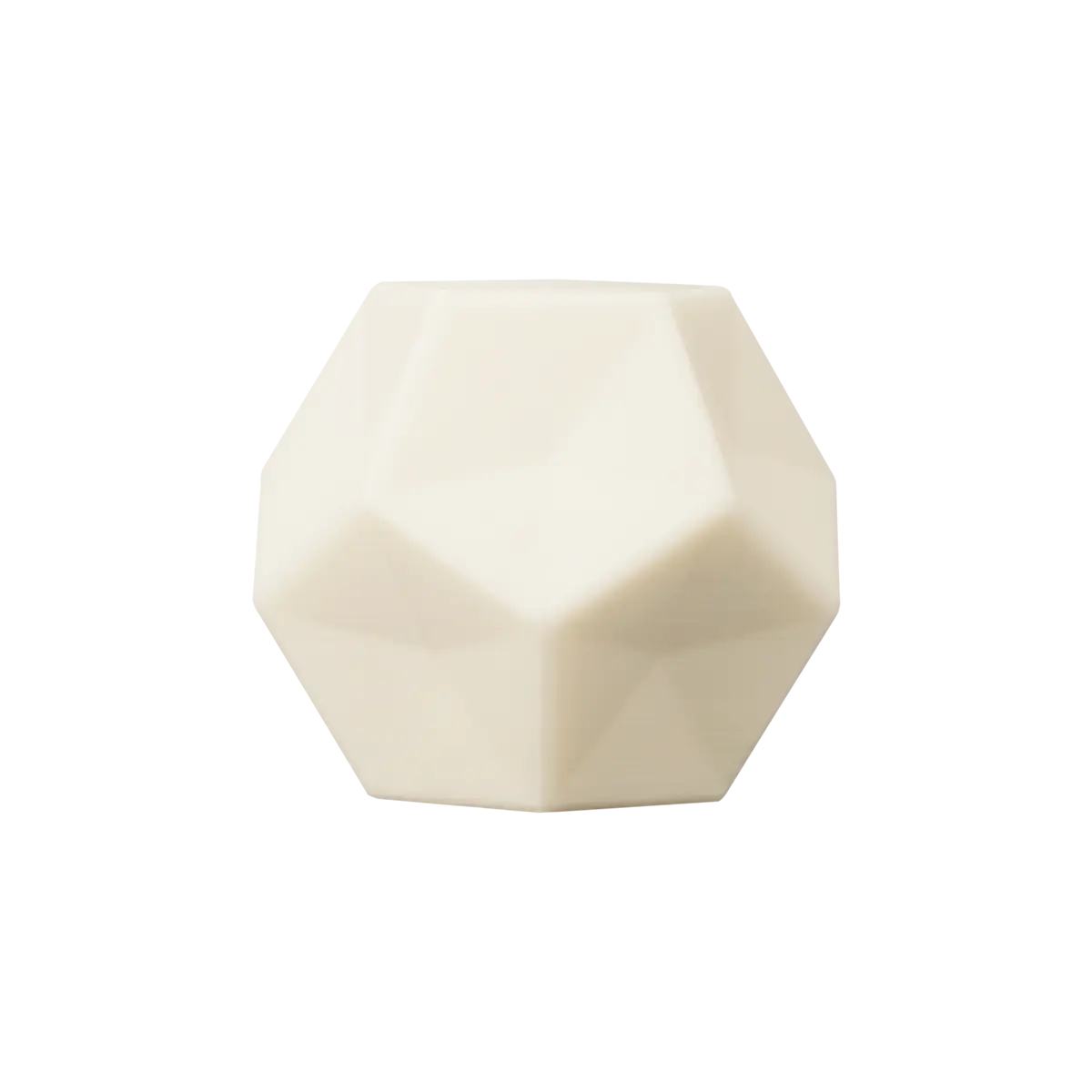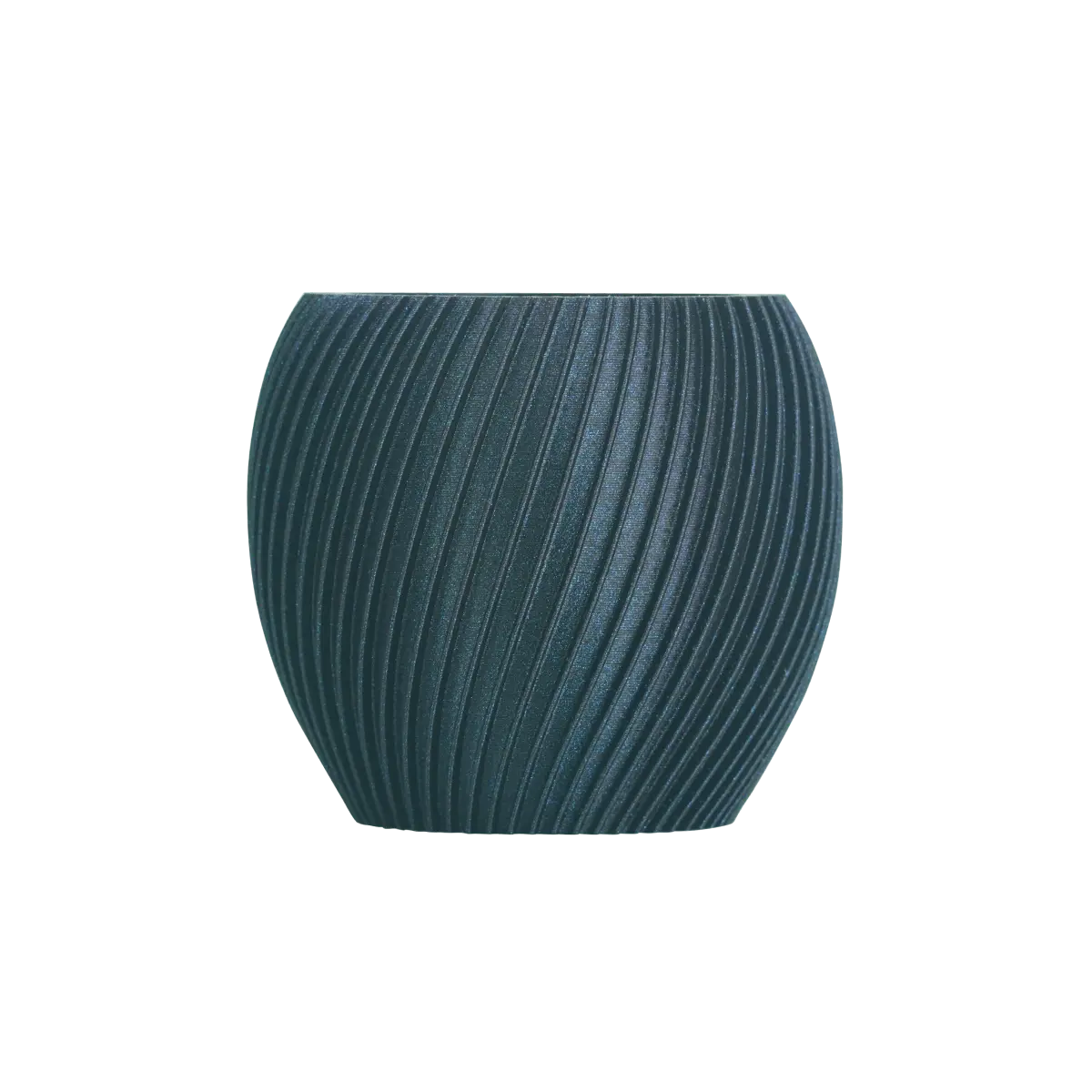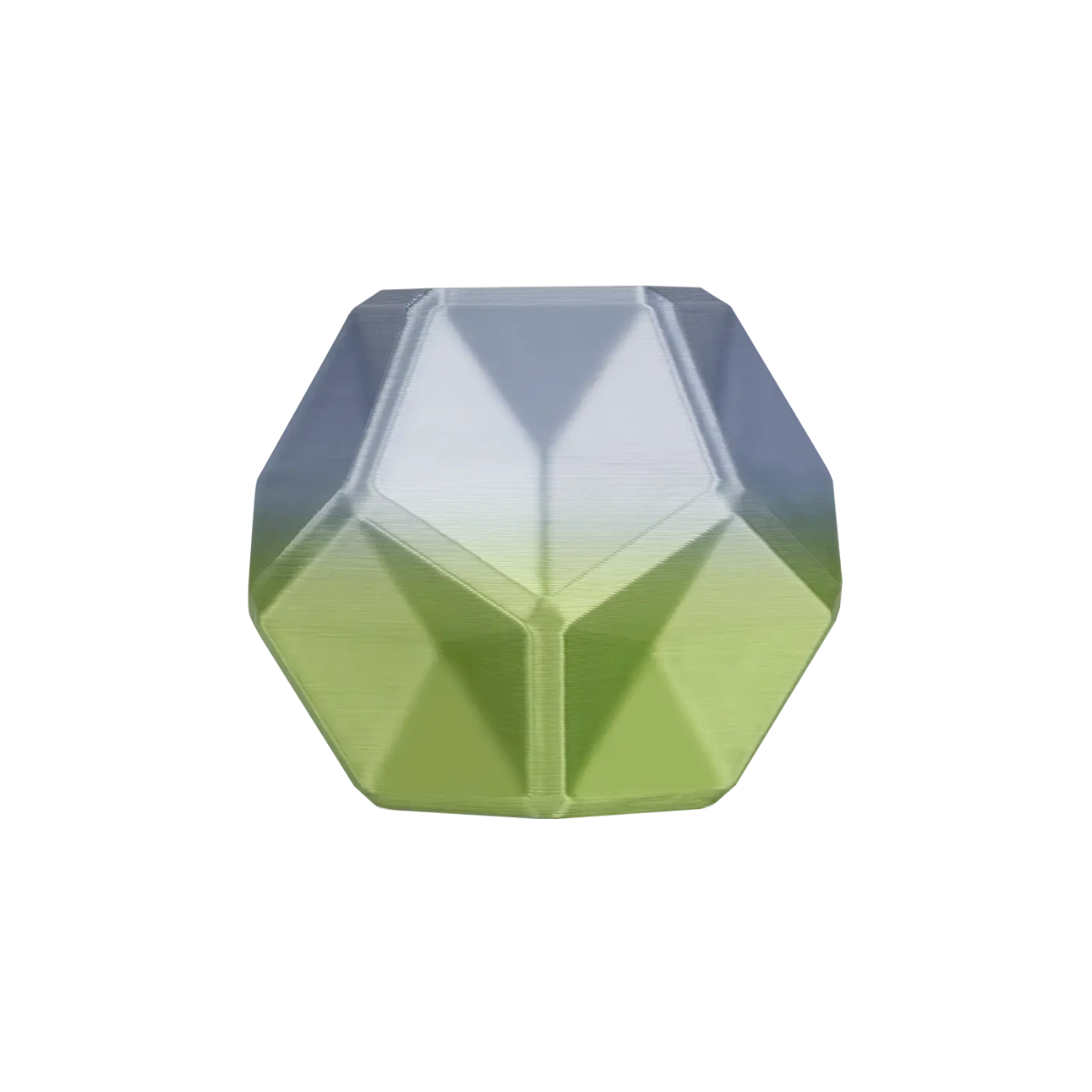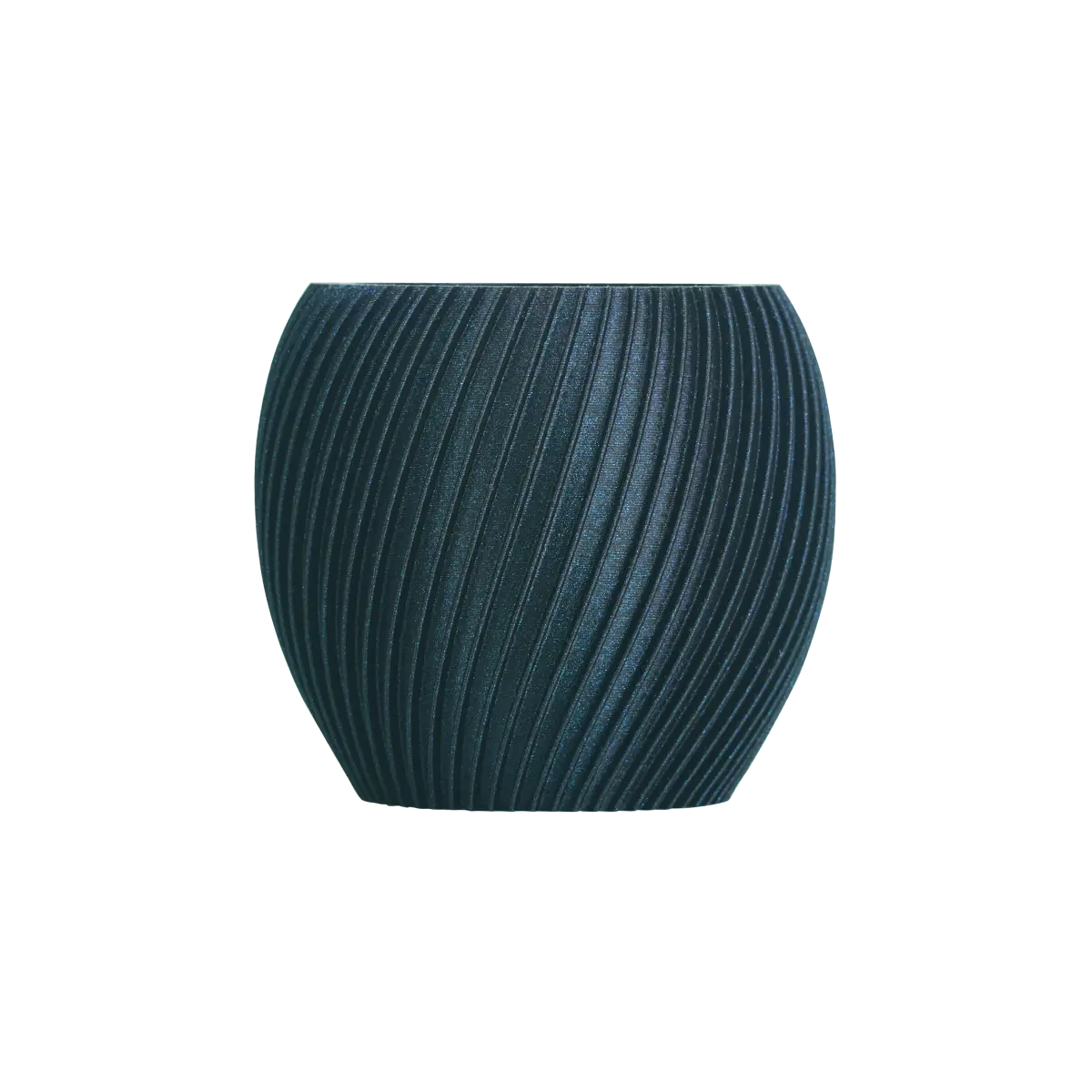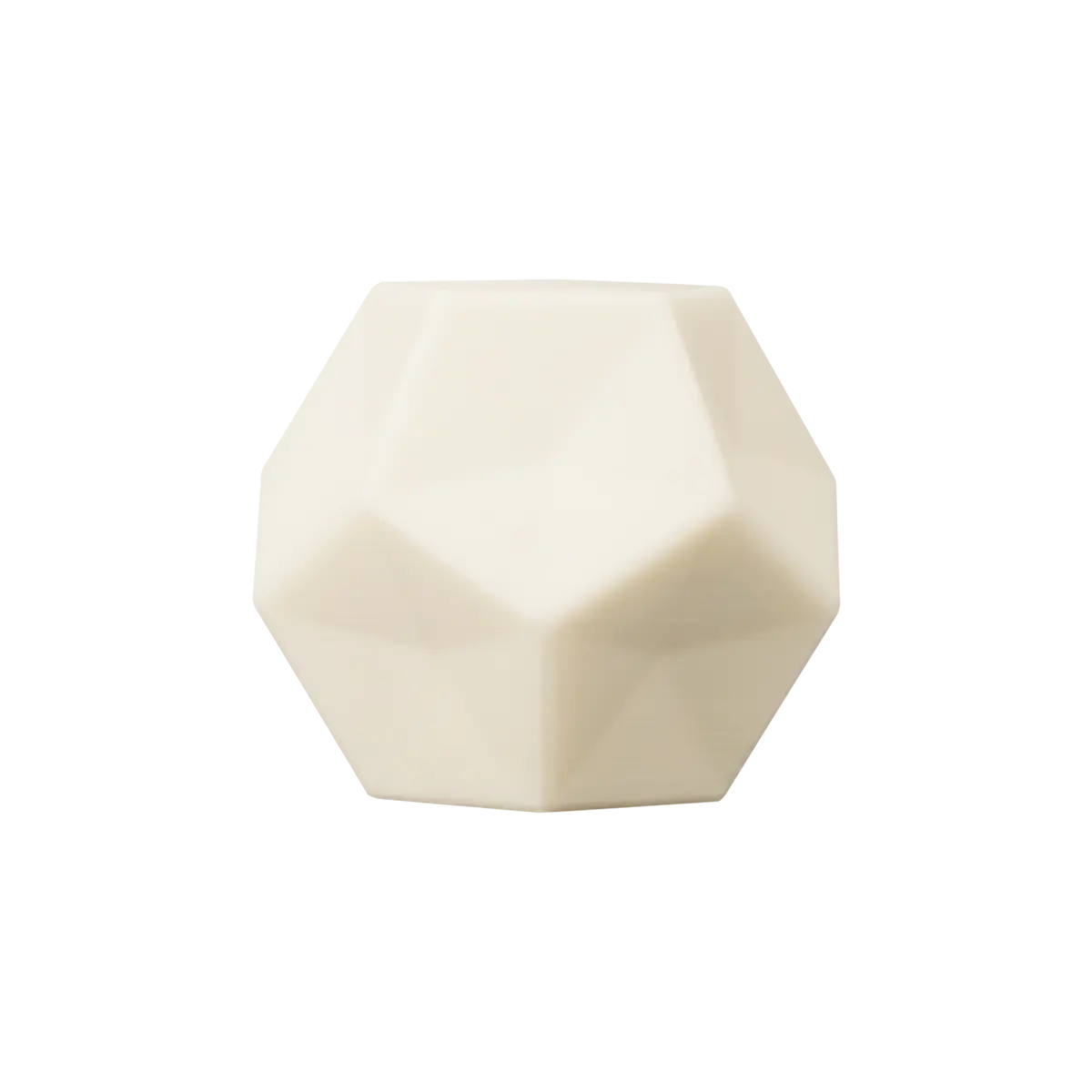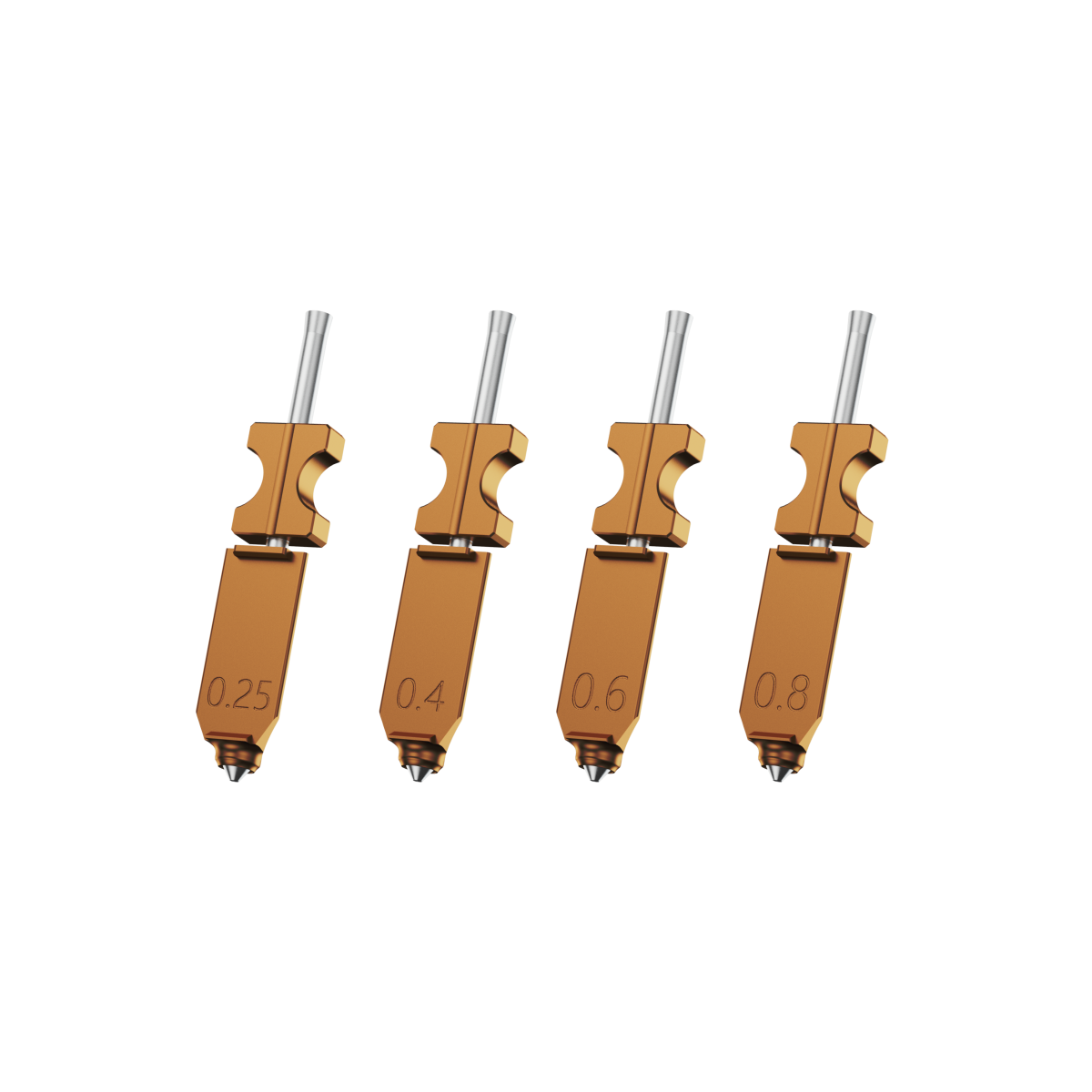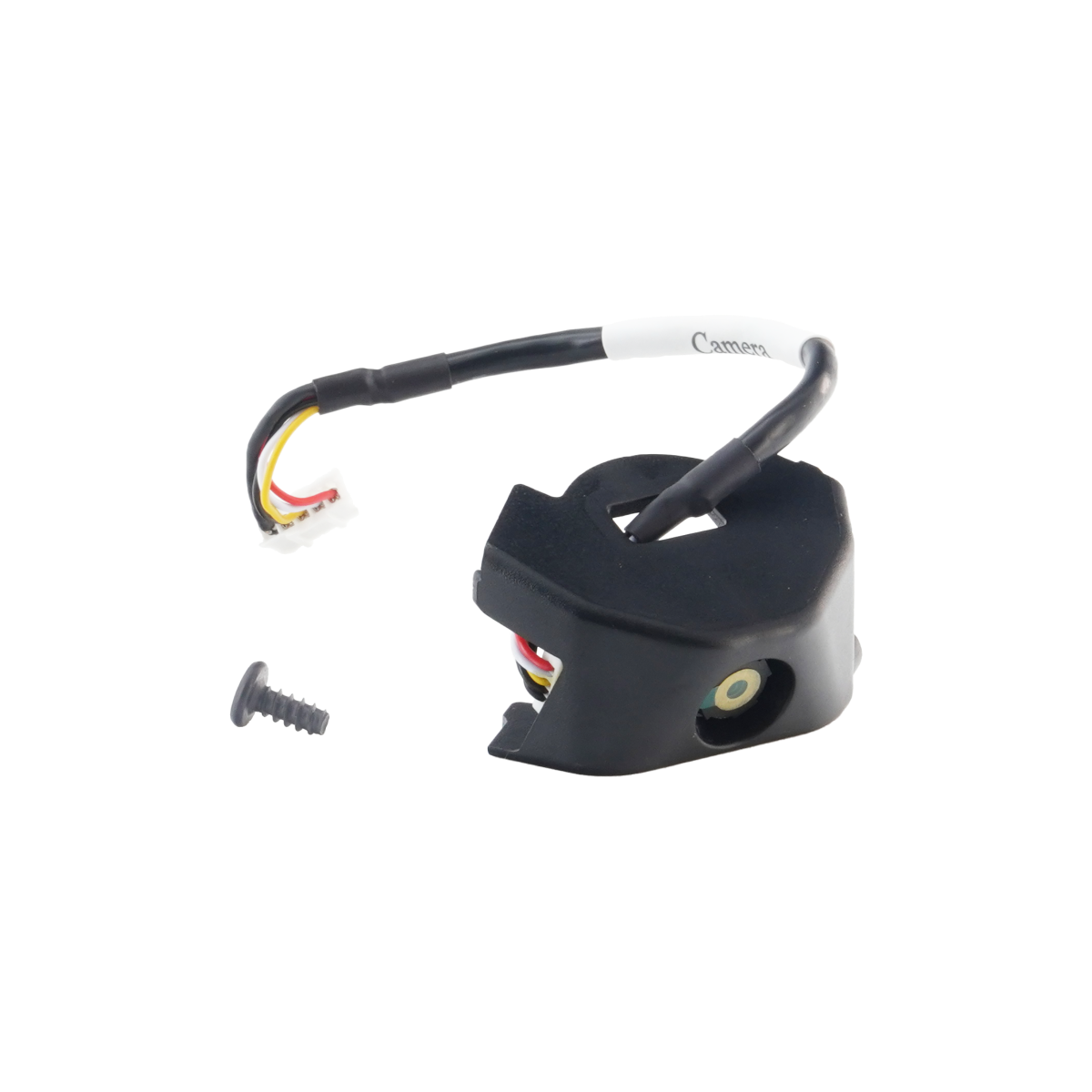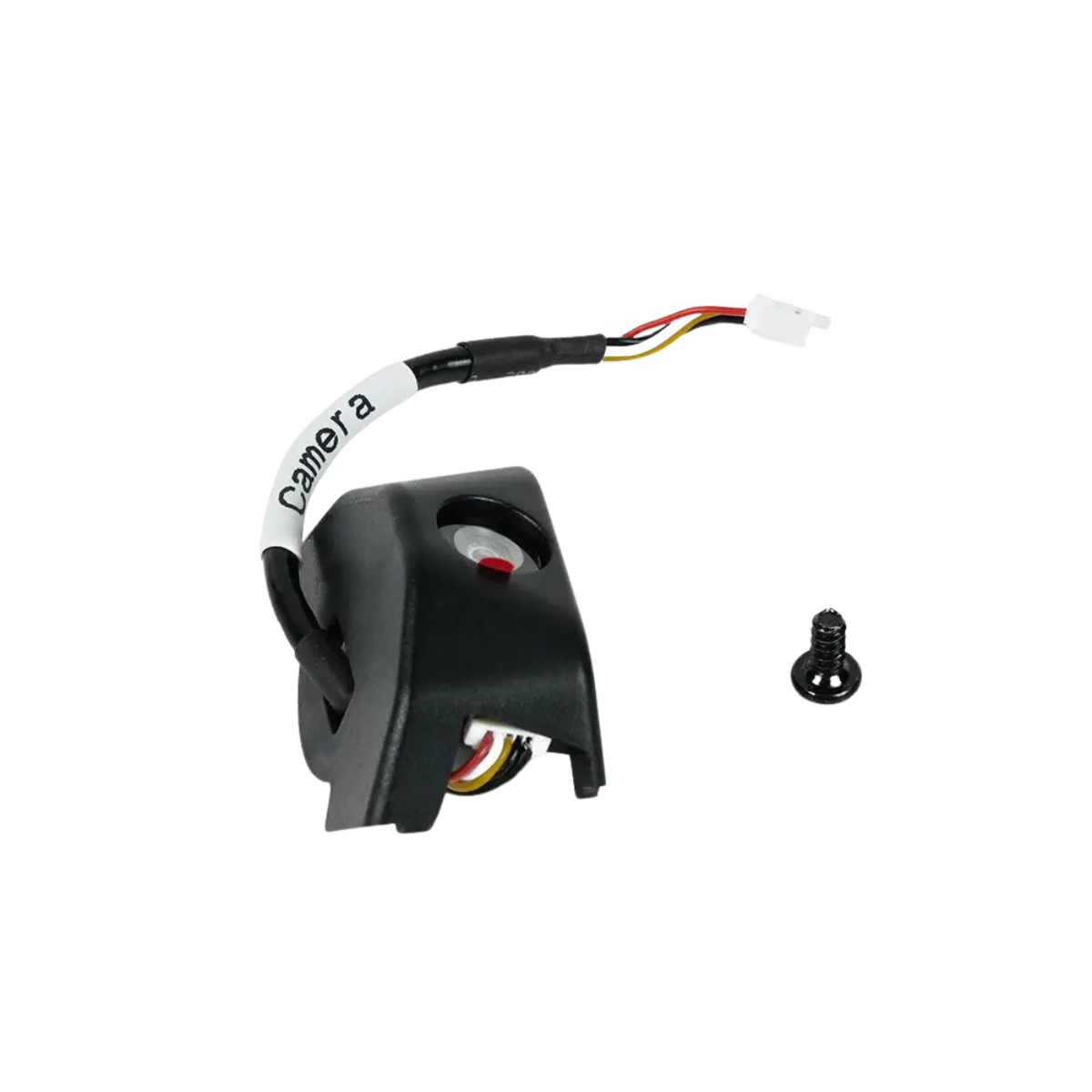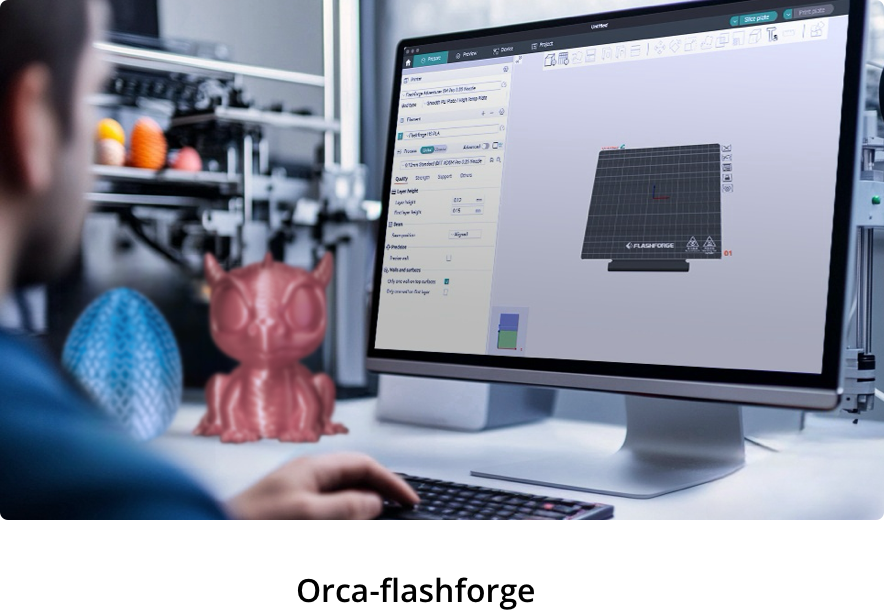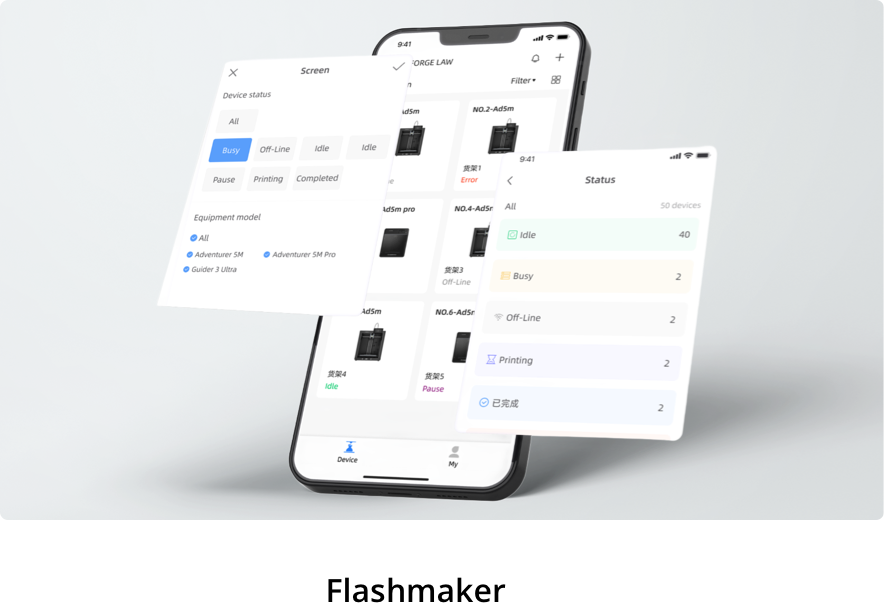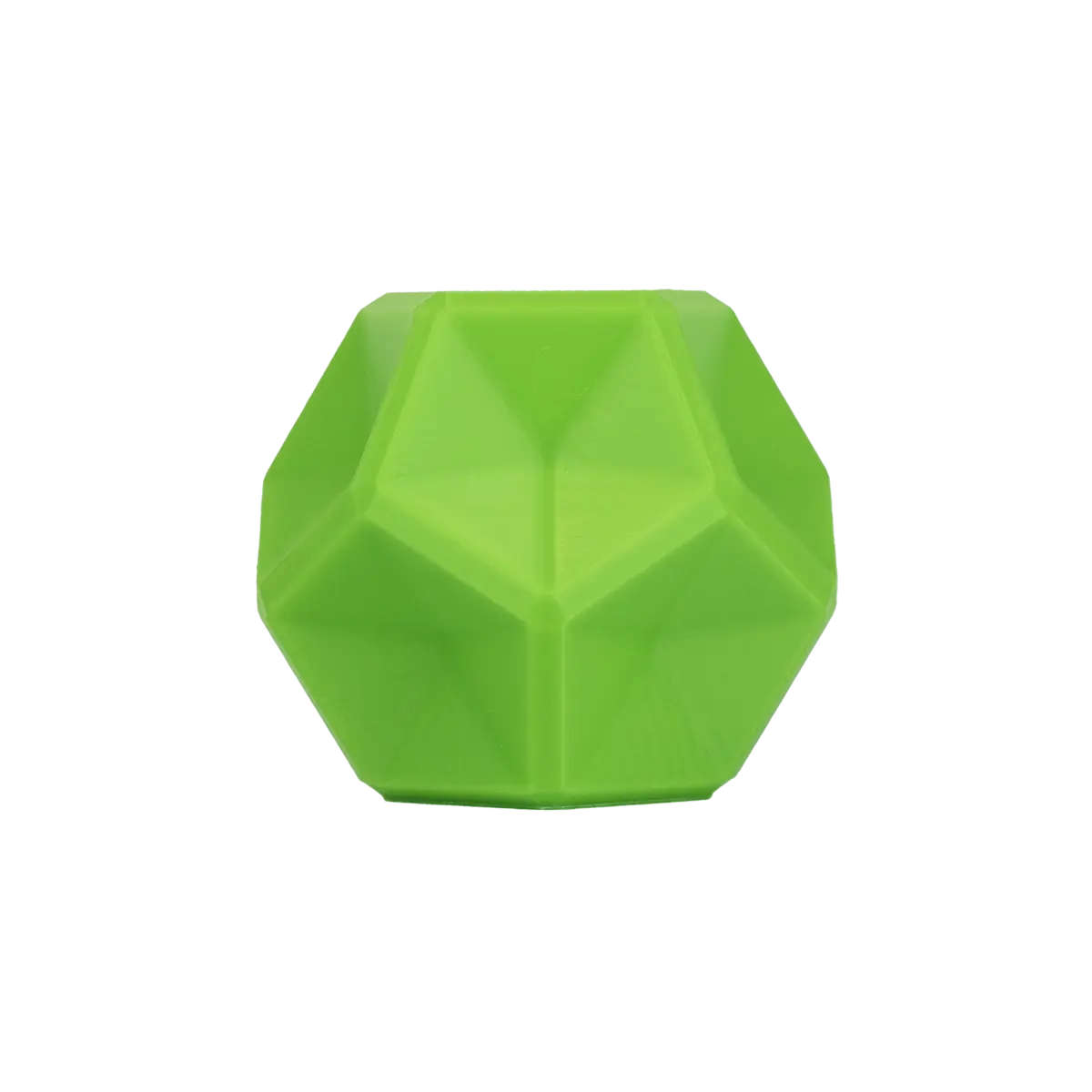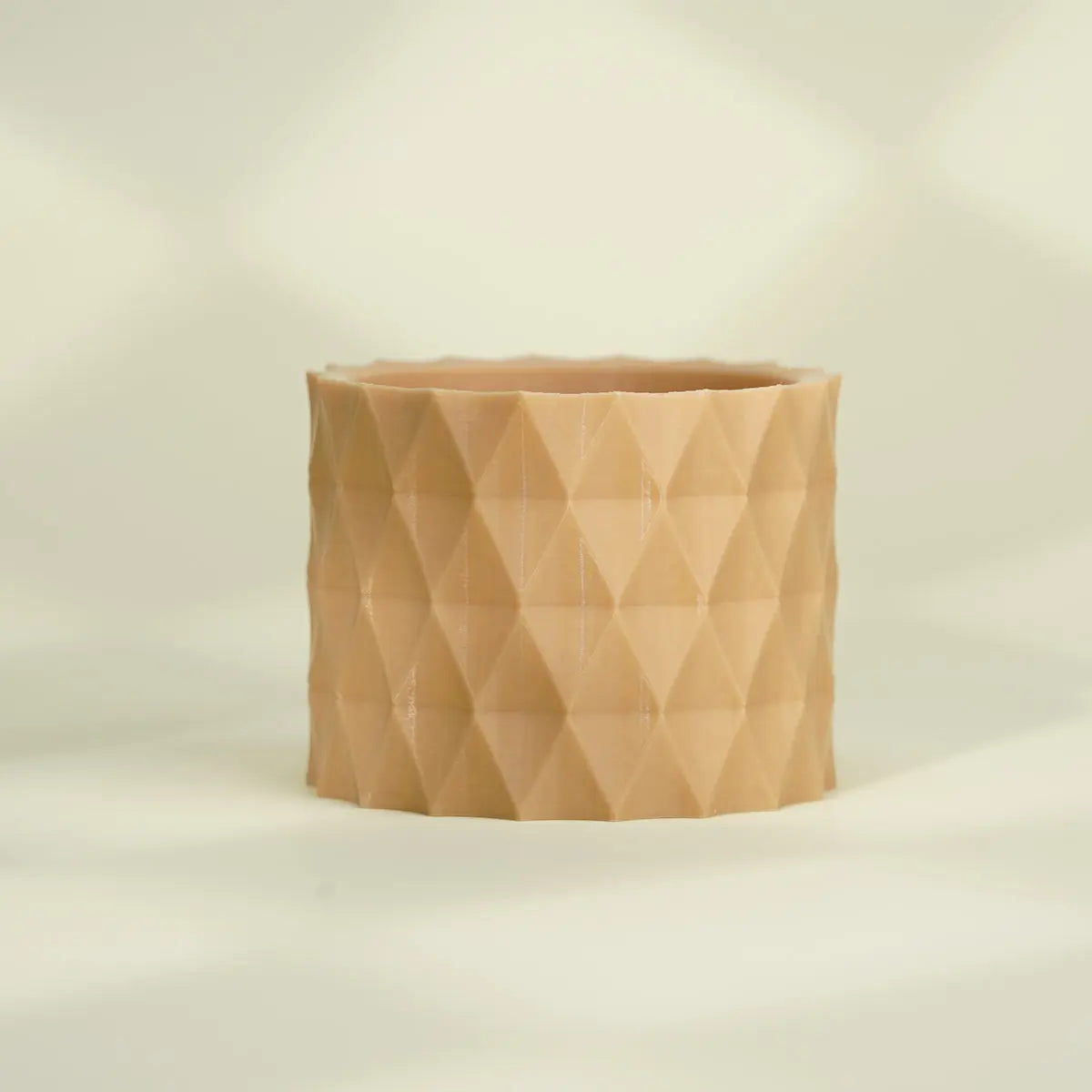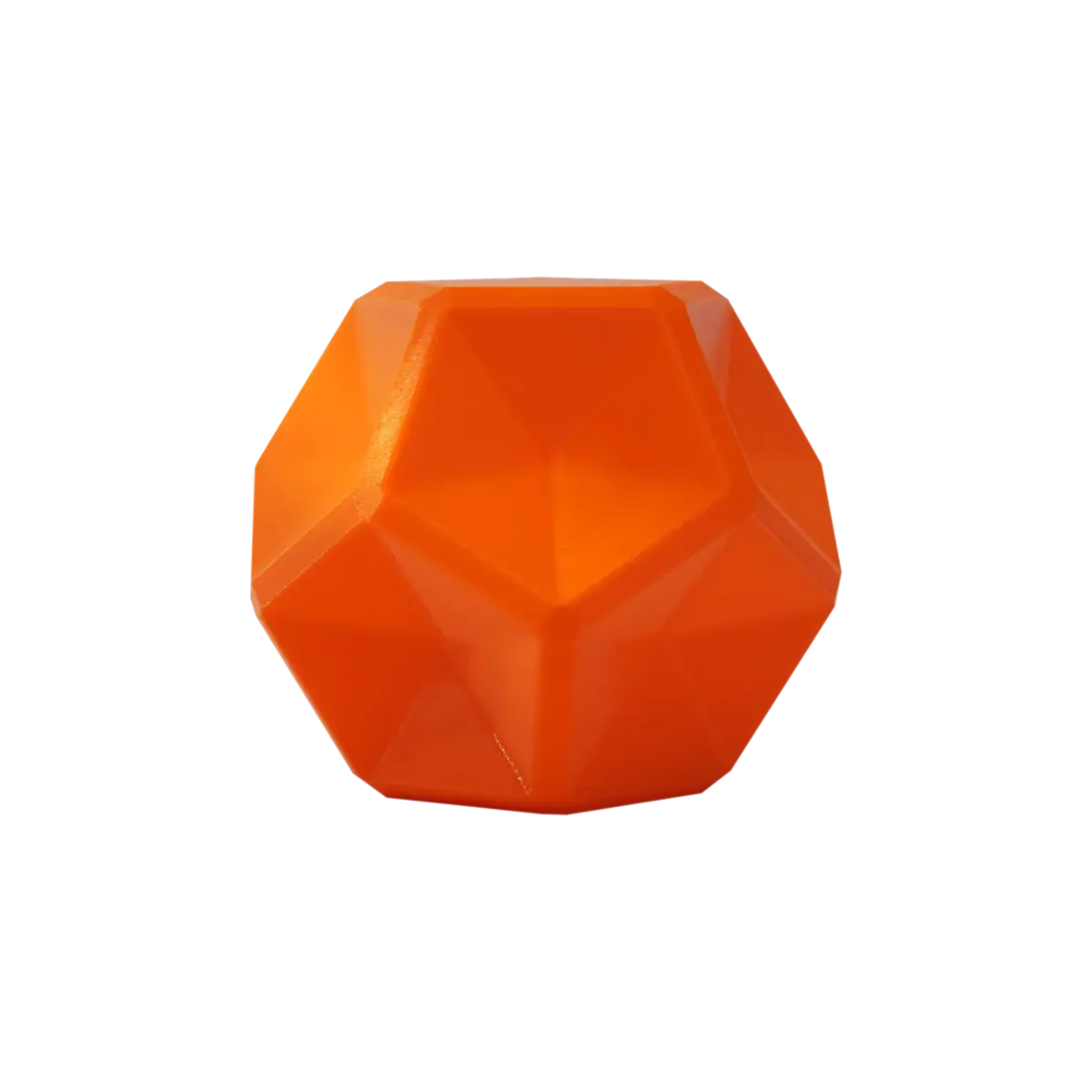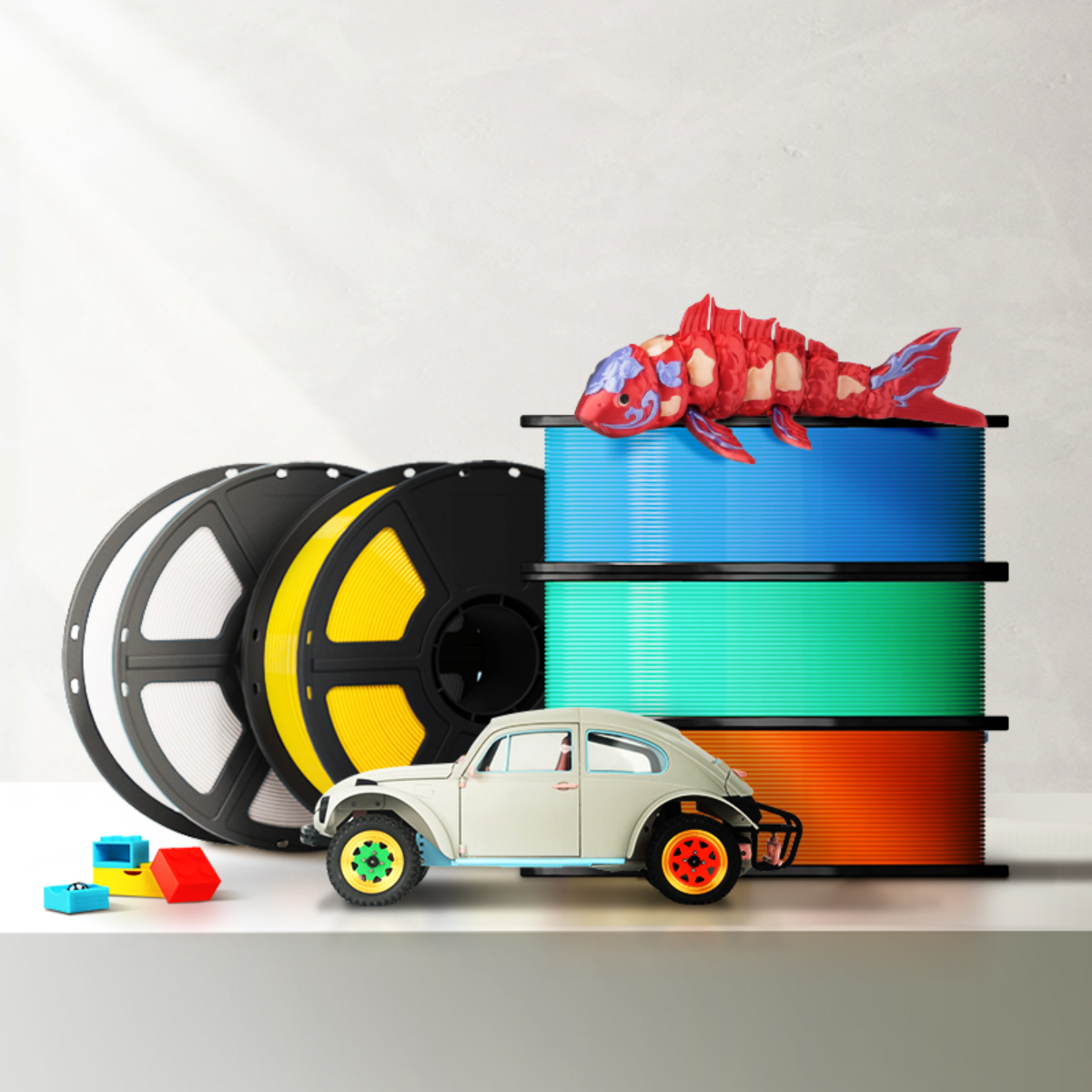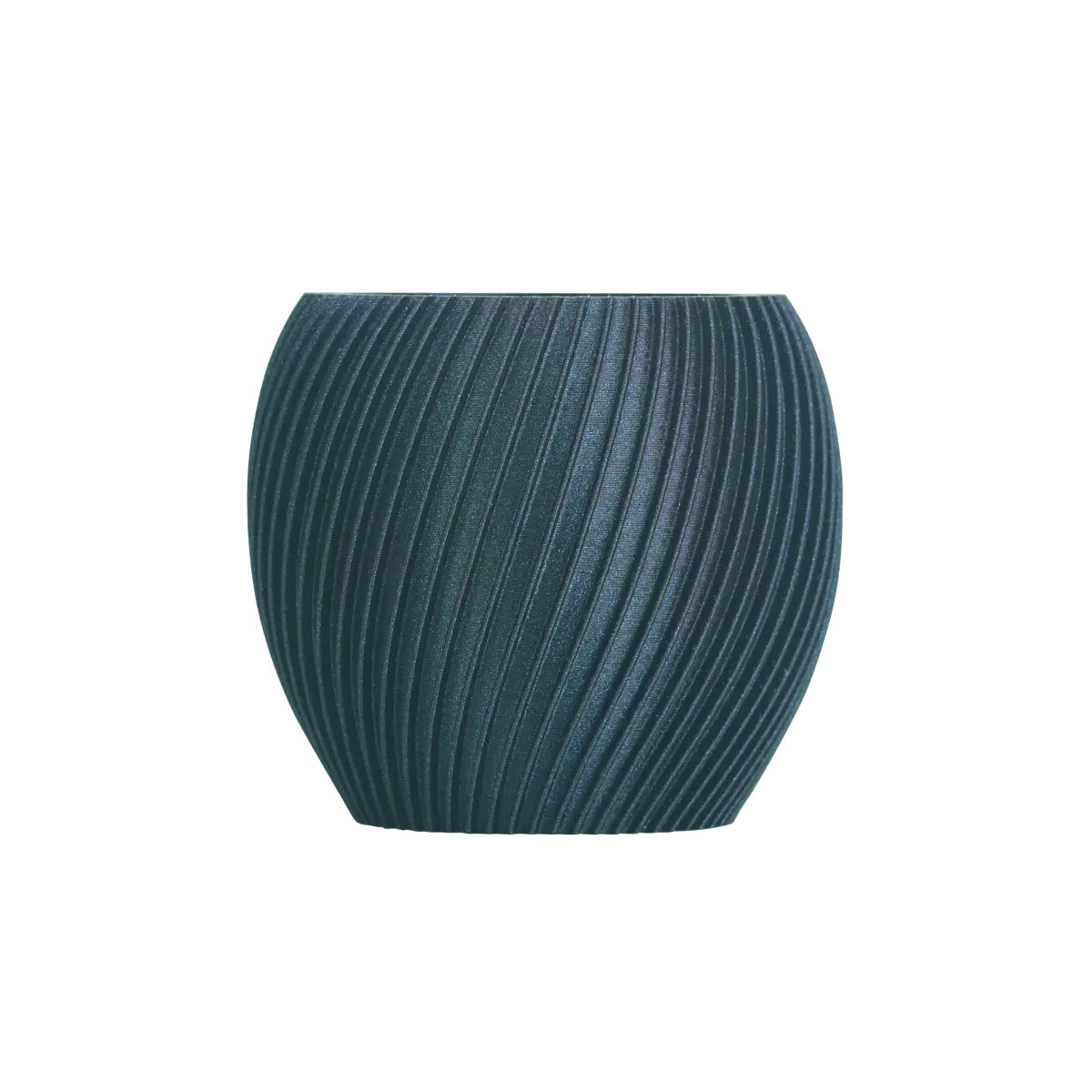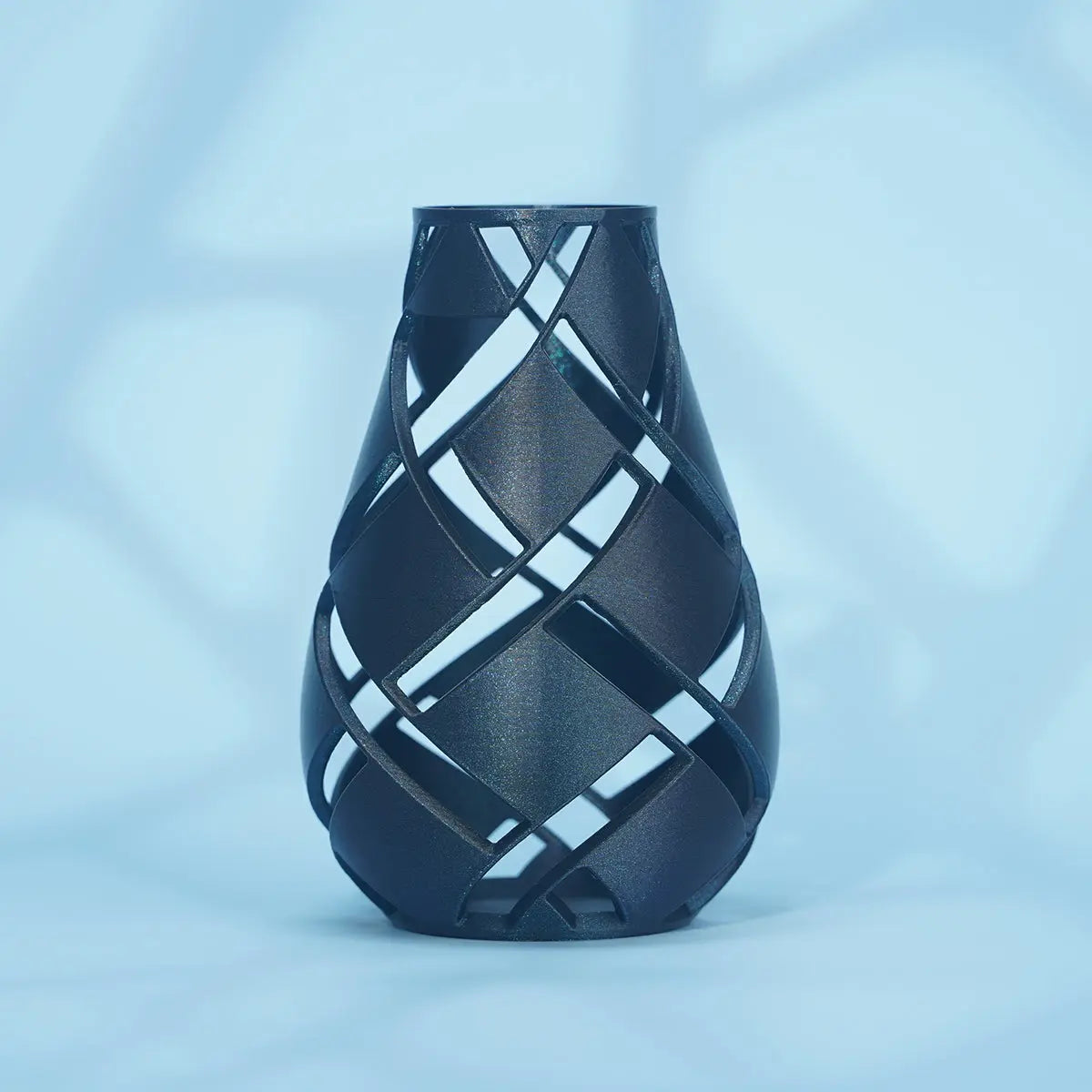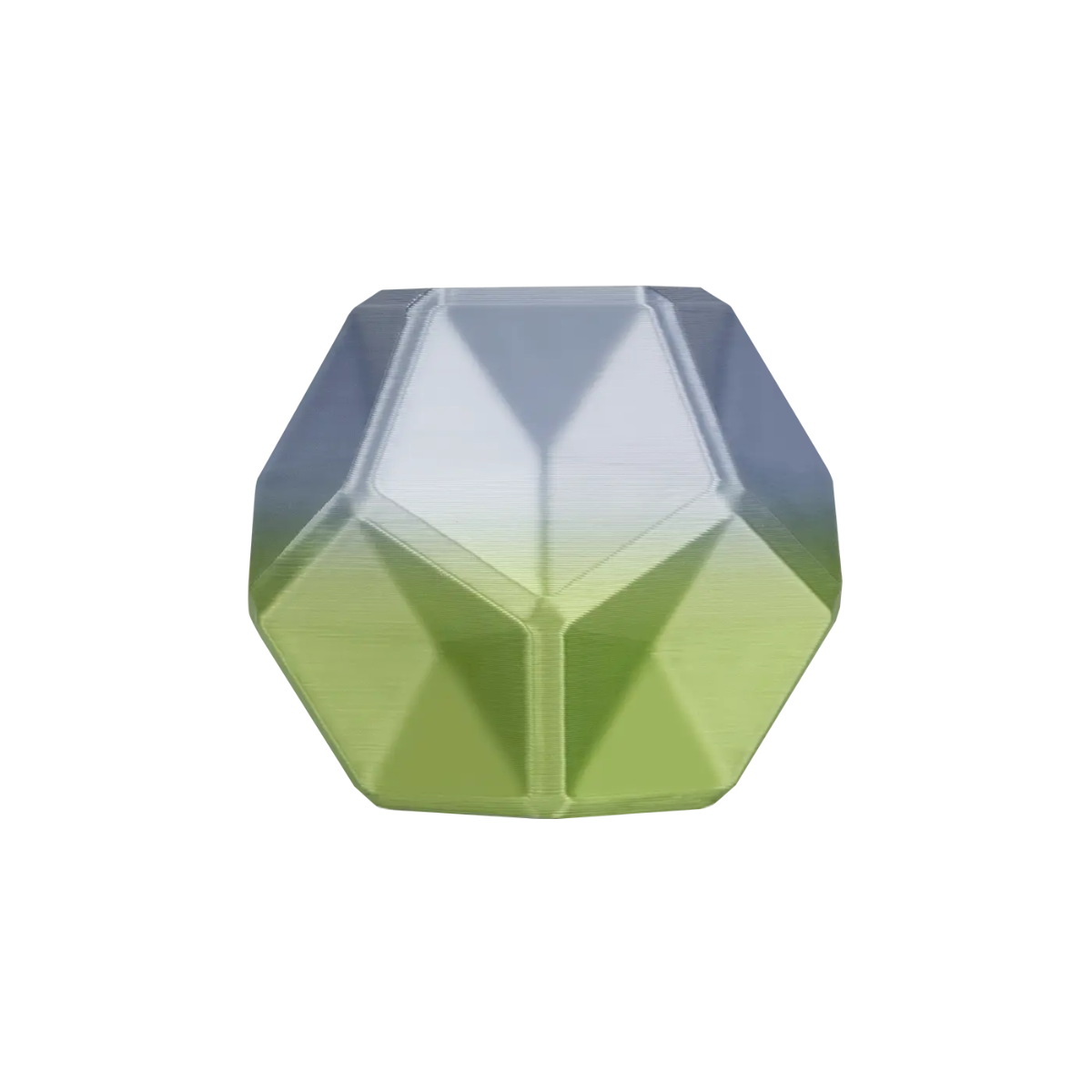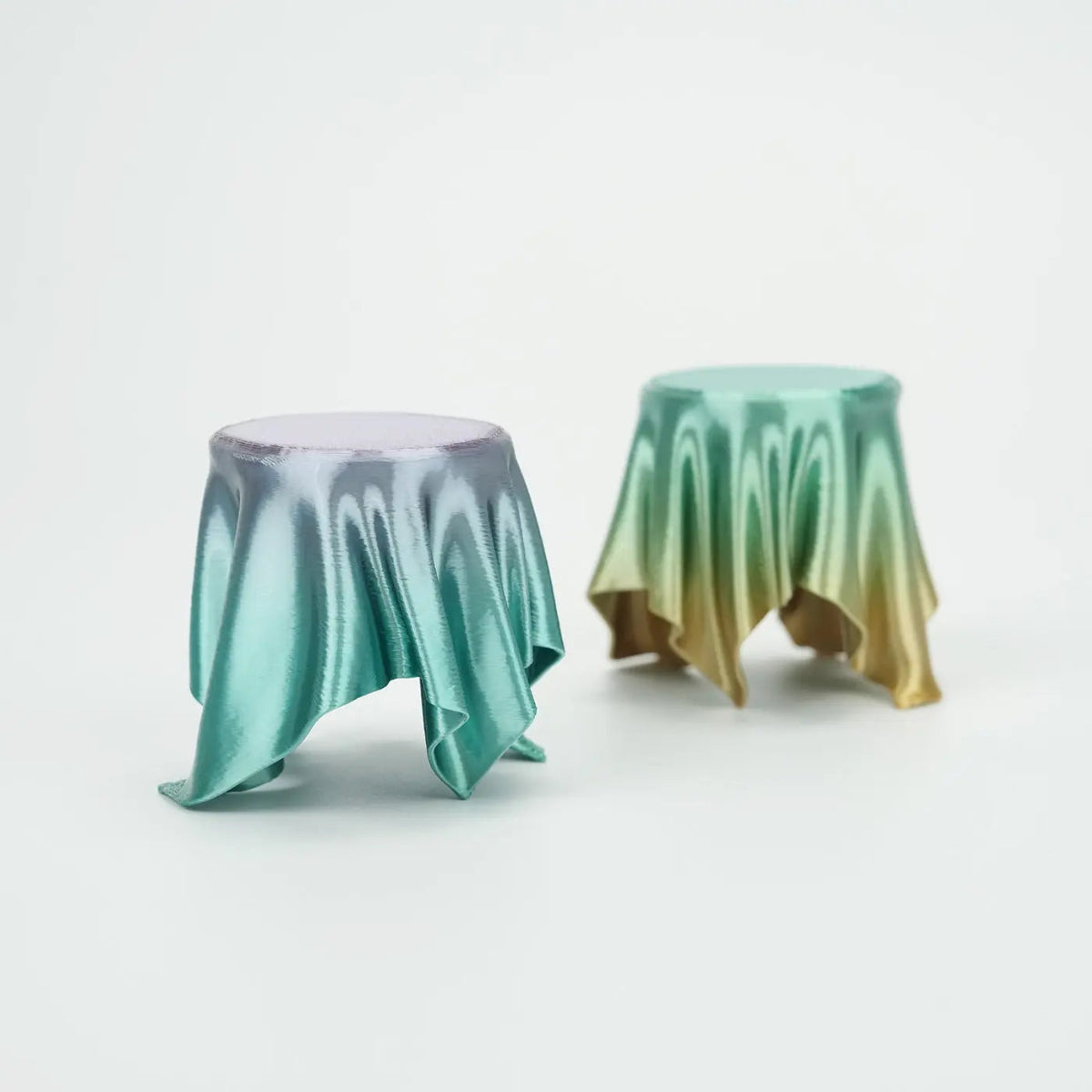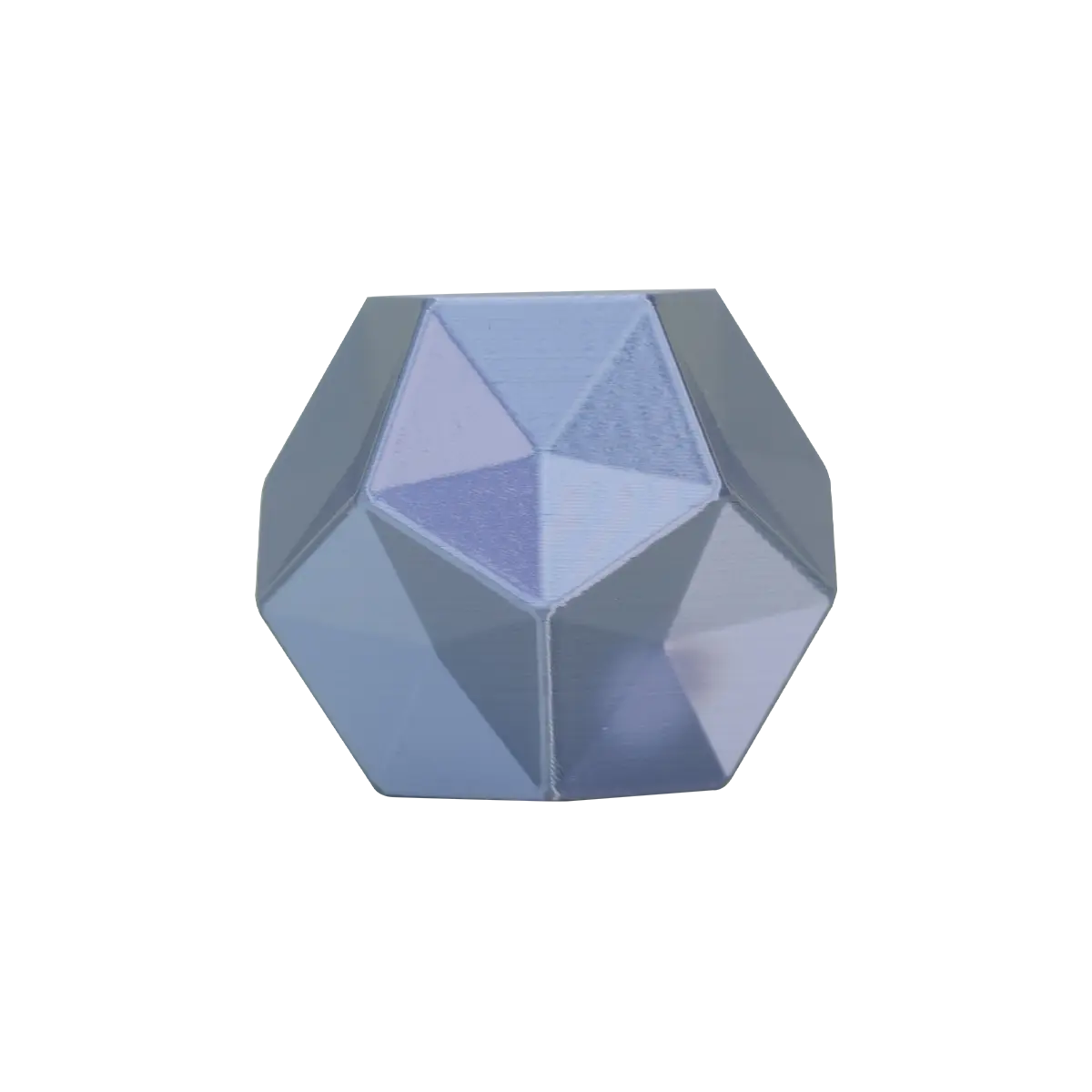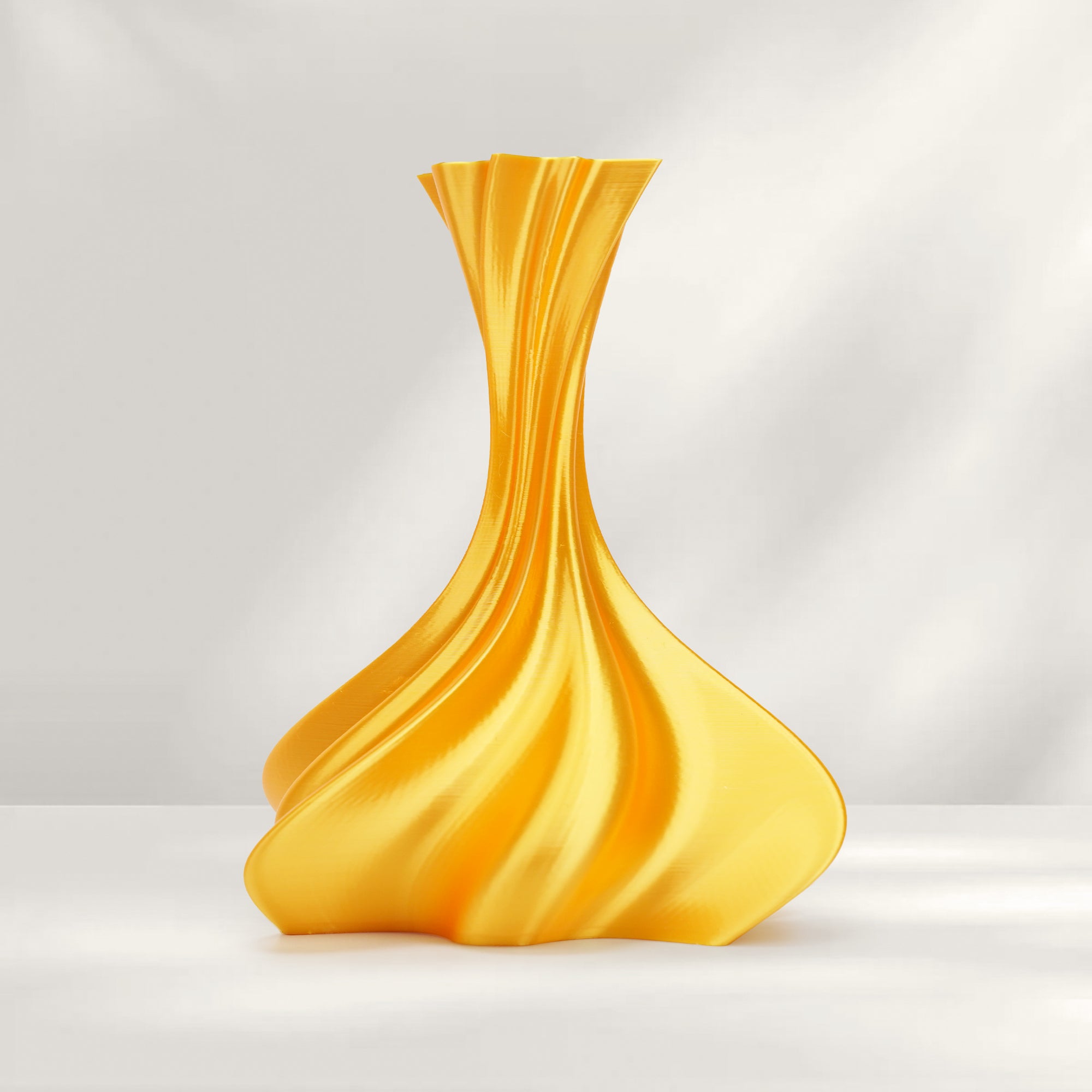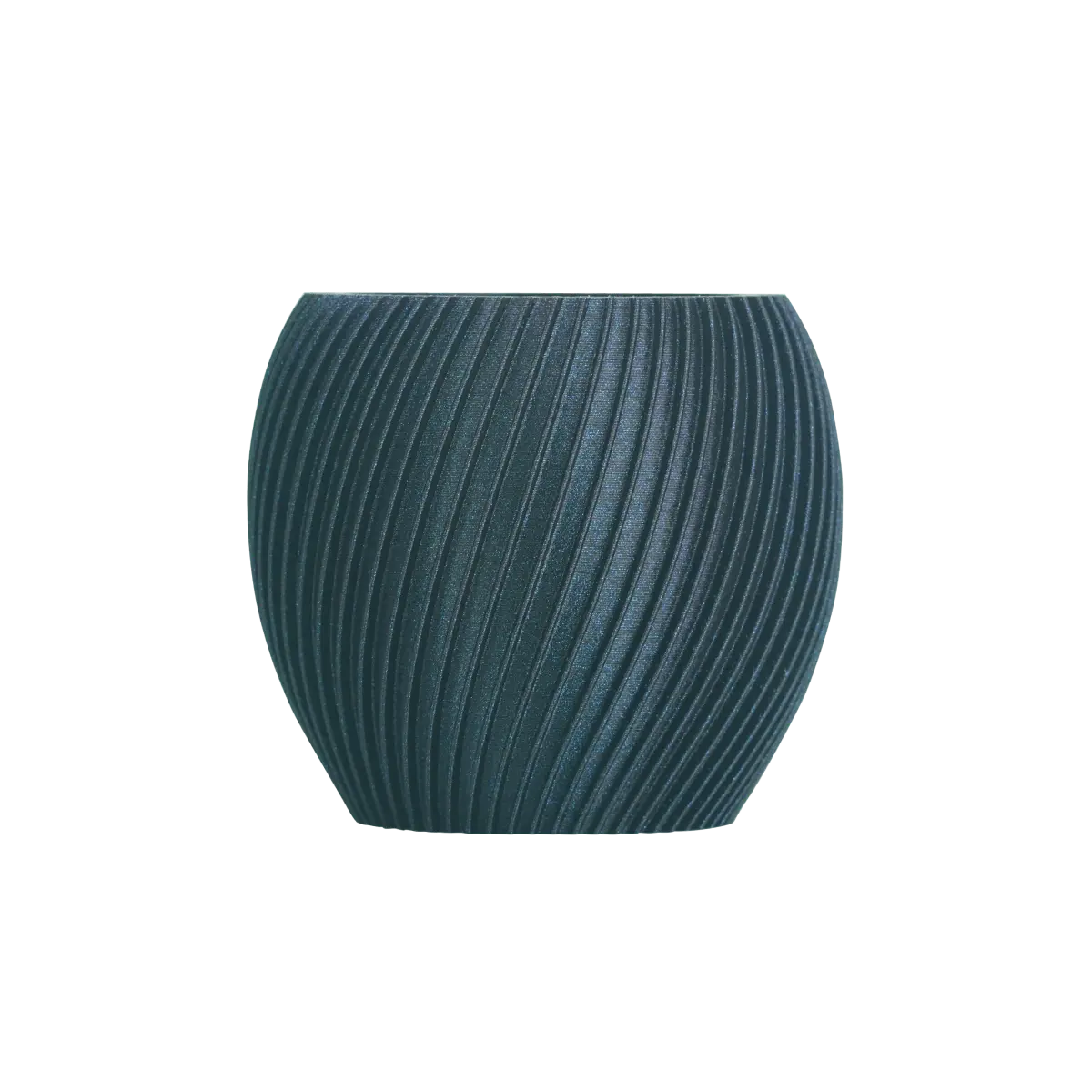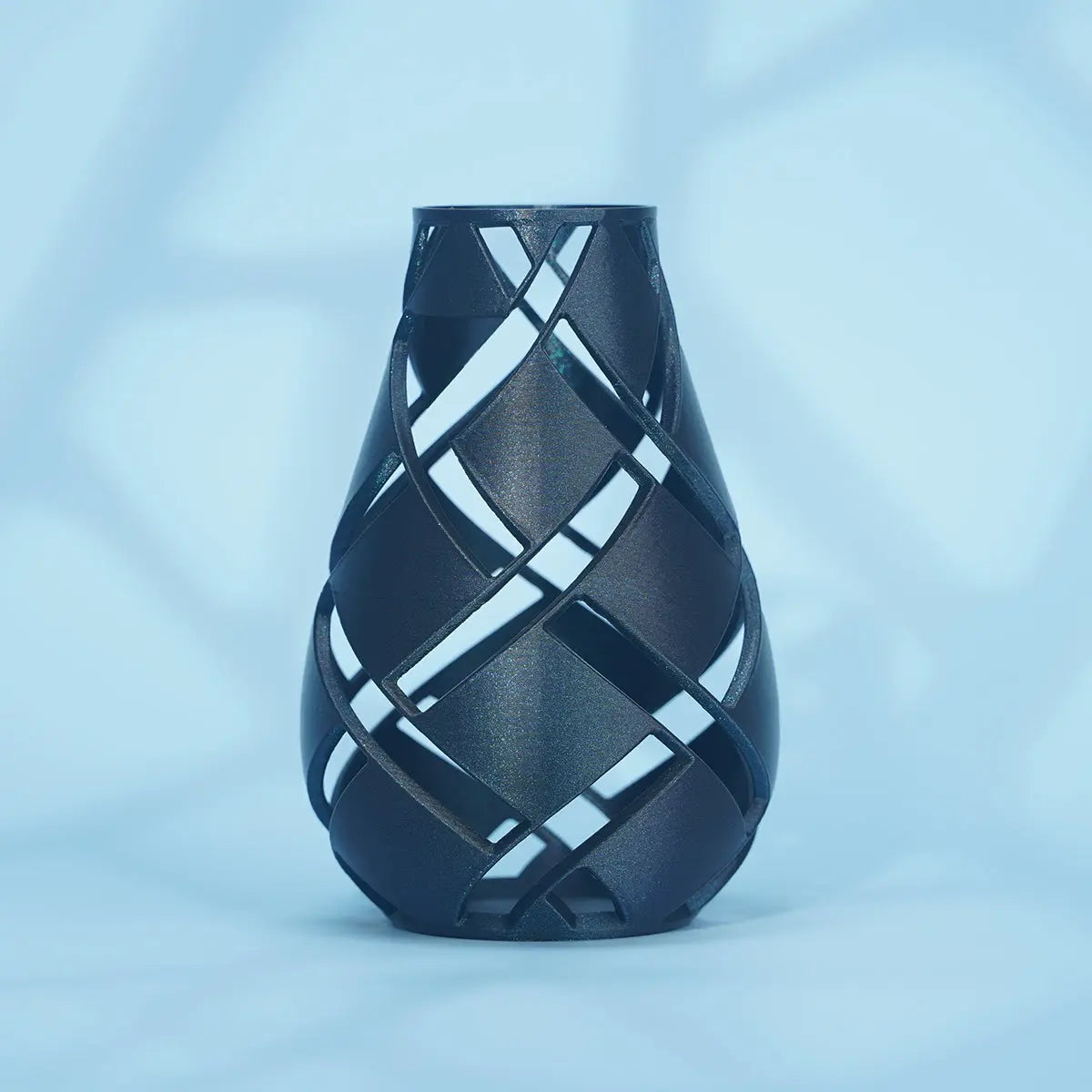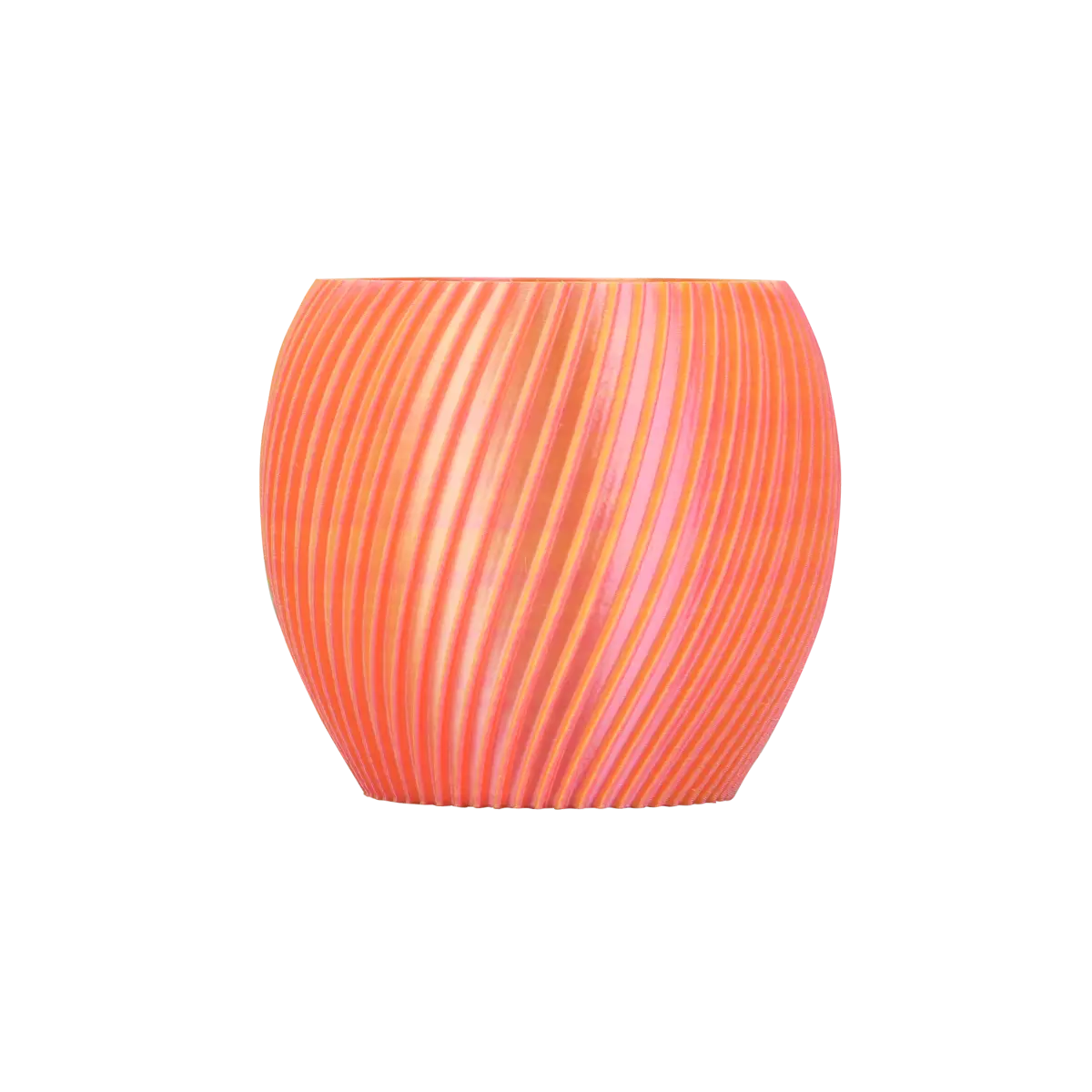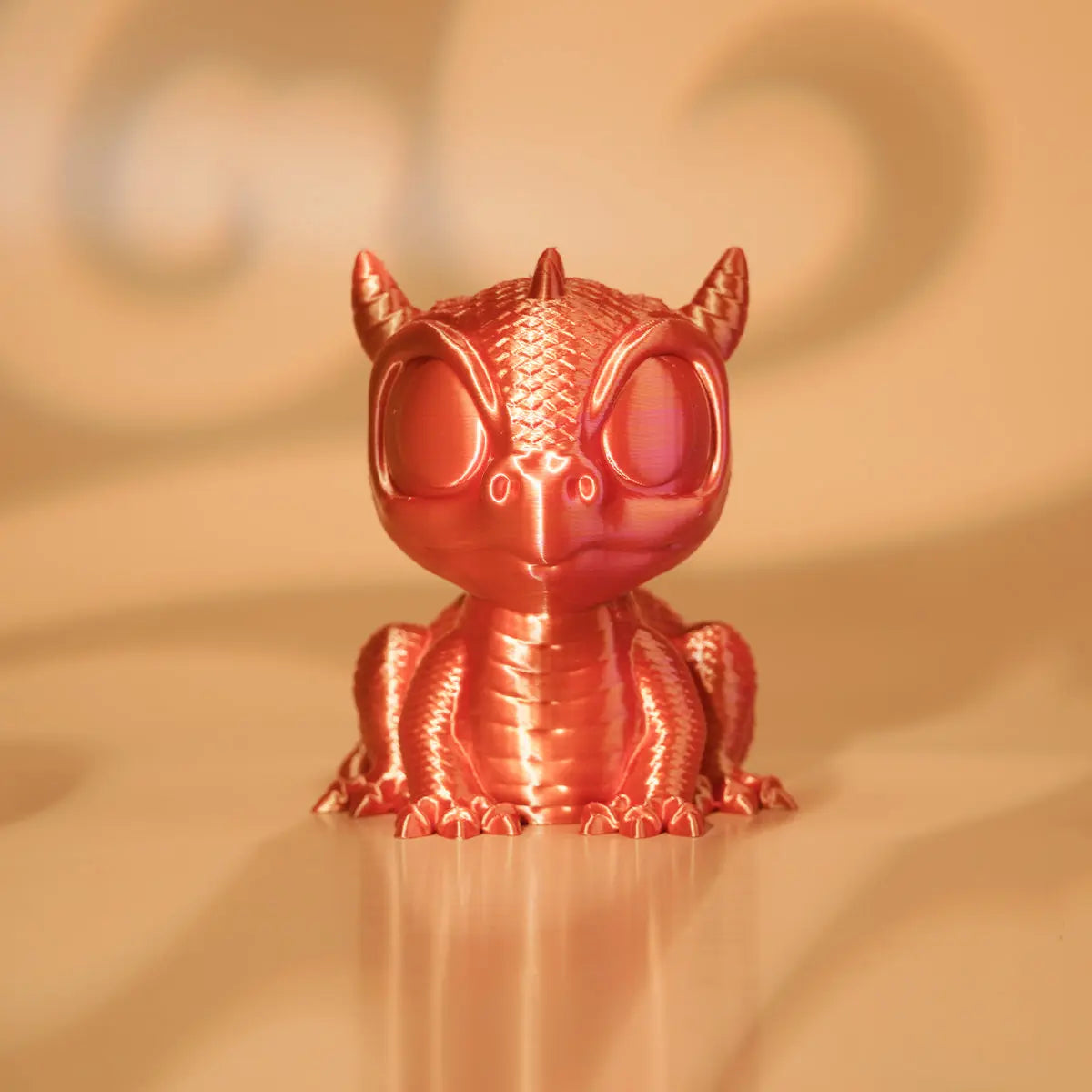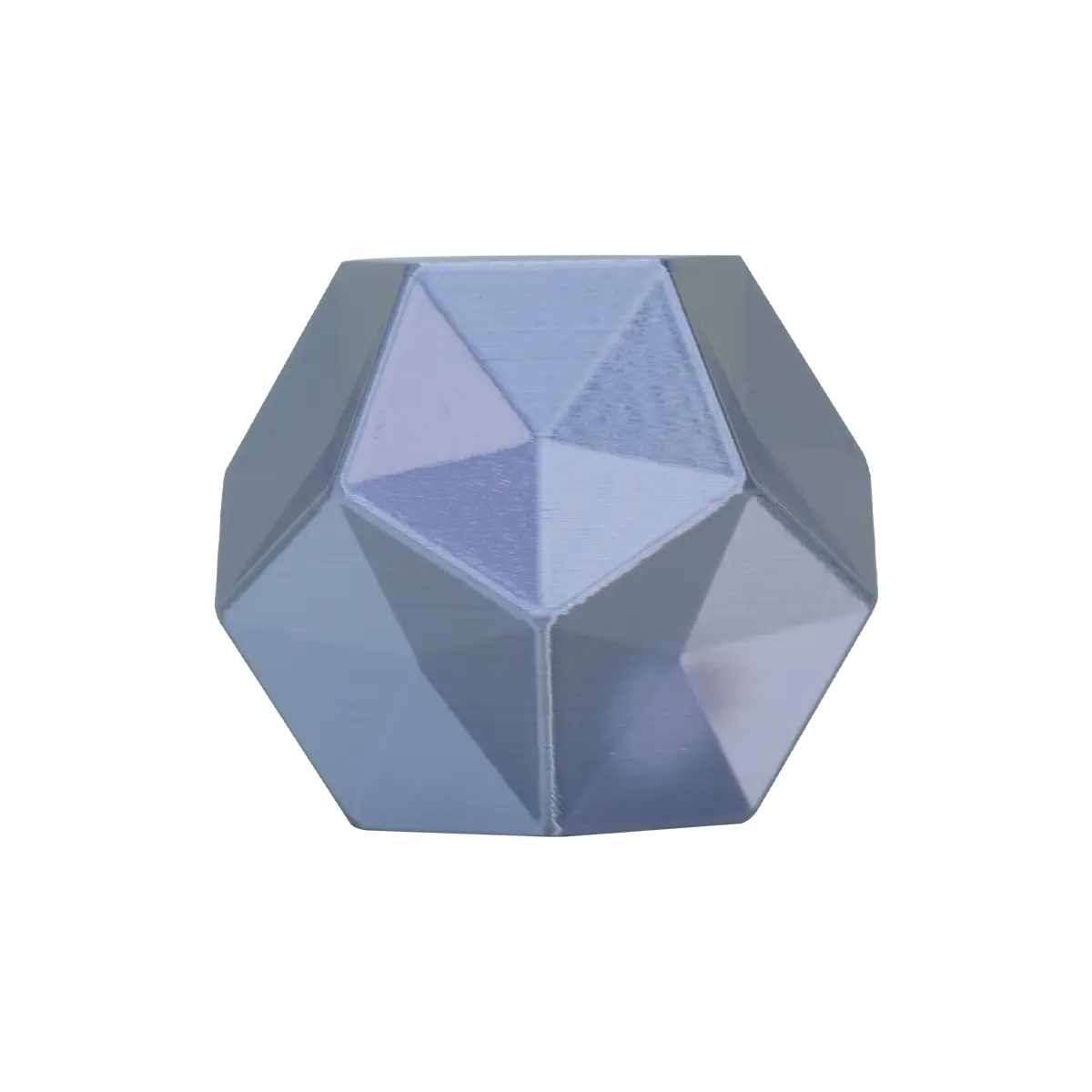FAQ
Our filaments are compatible with most 3D printers on the market, such as Bambu's A1, P1, X1 series, Creality's K1C, Ender series, and many others.
For beginners, we highly recommend the PLA and PETG series filaments. These materials are user-friendly and offer high success rates. PLA filaments are known for their ease of printing, smooth surface finishes, and environmental friendliness. PETG filaments, on the other hand, provide a good balance of strength and flexibility, making them suitable for a variety of applications. Both series are great choices for those starting out in 3D printing.
The overall performance differences are not significant. If you want your printed models to be more impact-resistant, choose PLA Pro. If you have high-speed printing needs, such as running a business that requires quick model production, HS PLA will be a good choice. You can make a choice based on the specific properties of each filament.
The filament diameter is 1.75mm. The standard specification is 1kg, with some options available in 0.5kg.
Our filaments are certified by SDS, RoHS, and REACH. Quality and safety are guaranteed.
Recommended storage conditions: Room temperature to 40°C, ≤20% RH (sealed, with desiccant).
Yes! We offer free shipping on all orders within the continental U.S. Plus, your 3D printer is in stock and ships within 24 hours. You’ll receive a tracking number once it’s on the way—no extra fees, no waiting around. Get ready to start printing fast!

